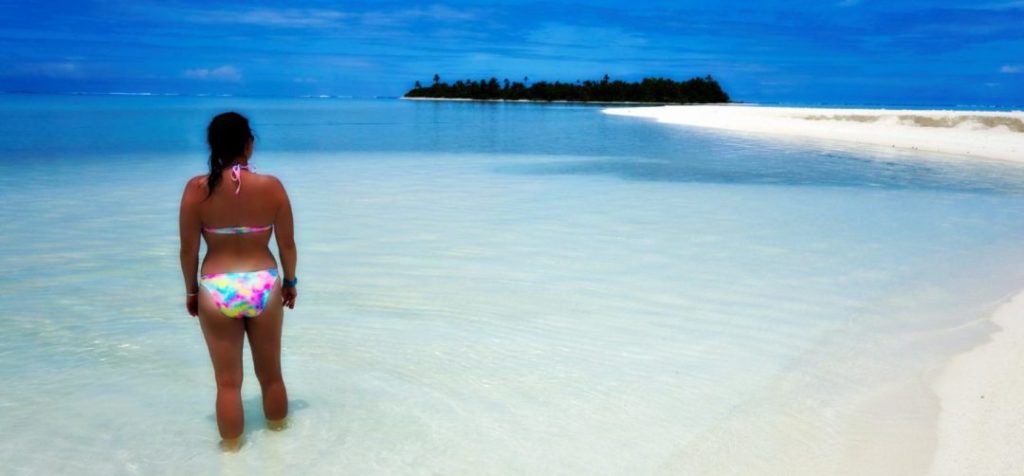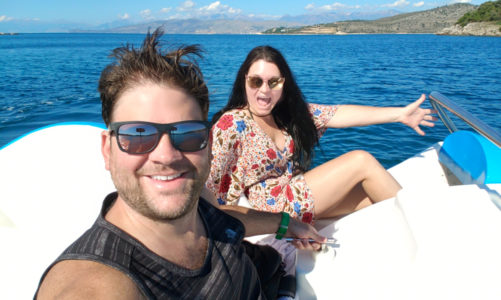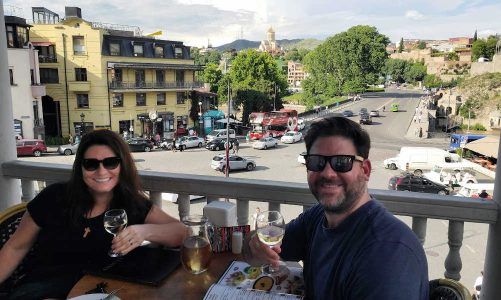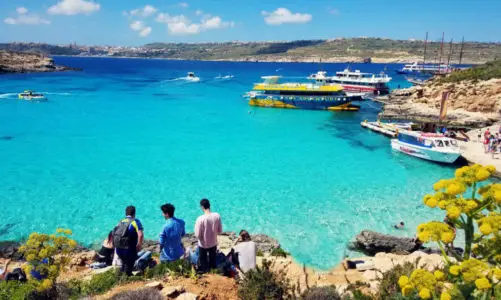Have you visited the Aitutaki? Beware! This travel guide will make you want to go. I’ve always heard previous generations refer to “old Hawaii.” They reminisce about a time when Hawaii wasn’t so commercial. The beaches weren’t lined with massive hotels and condos and it was rare for an entire family to take an expensive trip to such an idyllic location. (Well, maybe except for the Brady Bunch).
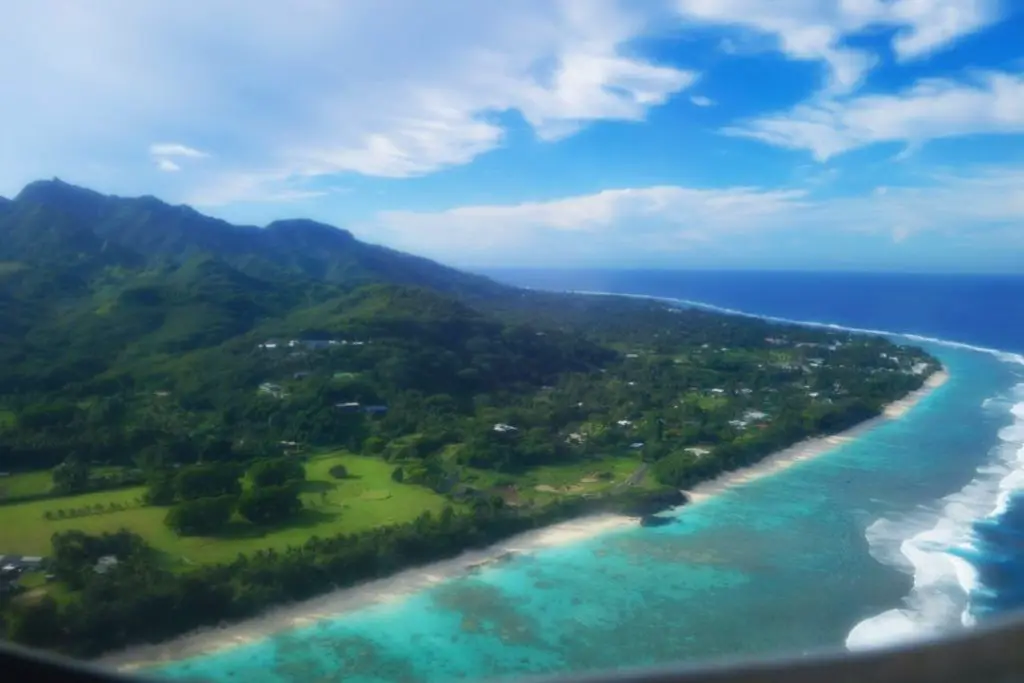
Old Hawaii was for honeymooners and adventurers. For everyone else, it was the tropical getaway that one could only daydream about. For a time, Hawaii was timeless. And then Elvis spoiled everything by revealing the secret to the masses.
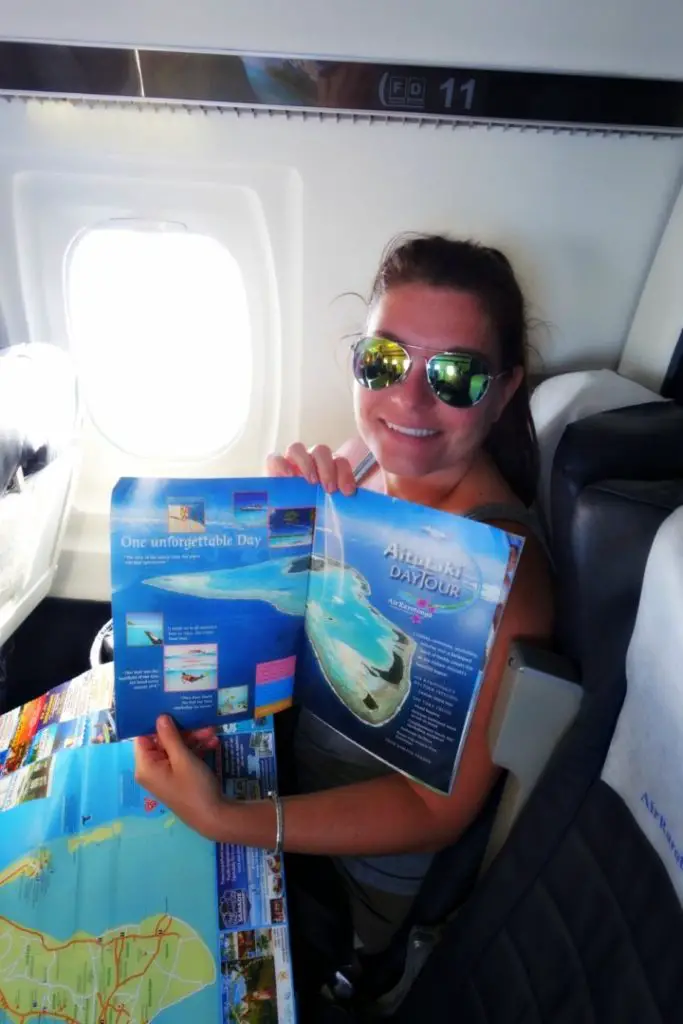
Many Americans have heard or have visited Hana. While very few have heard of the Cook Islands.
We all are familiar with the Hawaii of today. Still amazingly beautiful, but every year a little less like how our grandparents remember it. Guidebooks advise that if you want to feel how Hawaii use to feel, take the road to Hana and visit the town (of Hana). The challenge of getting to Hana, down the curvy narrow roads, has aided Hana in staying small and quaint.
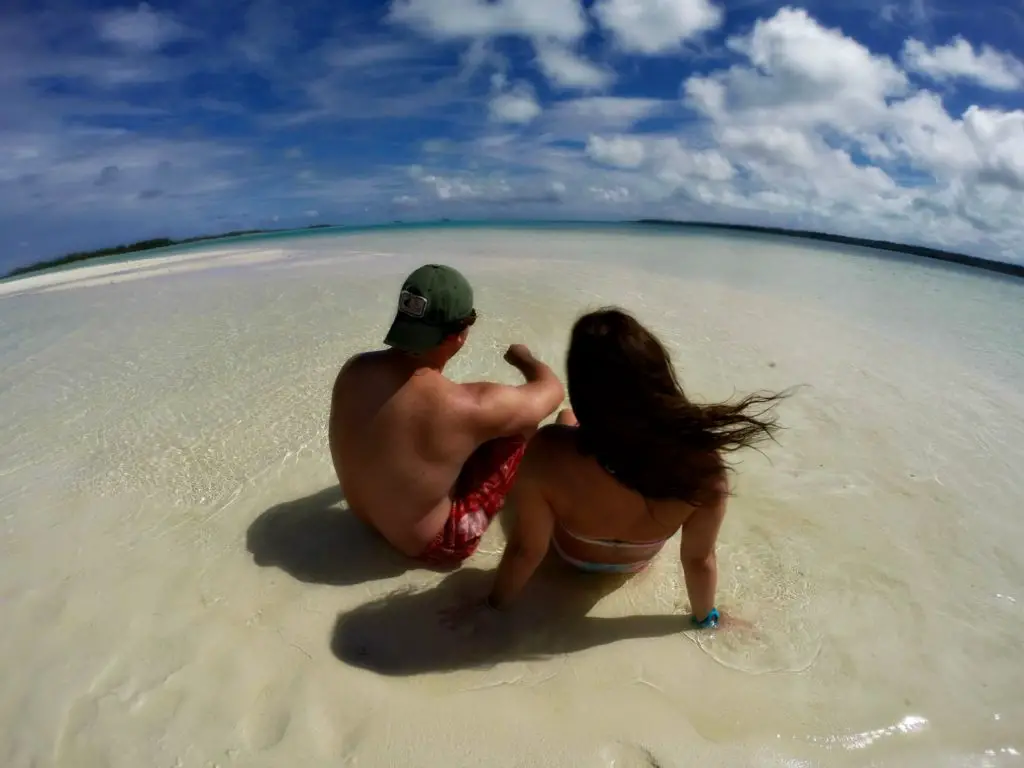
Most people travel to Hana as a day trip and never actually stay overnight. By 5:00 pm, most tourists have departed. Then, in the evenings, the charming, little town can unravel from the chaos incurred throughout the day.
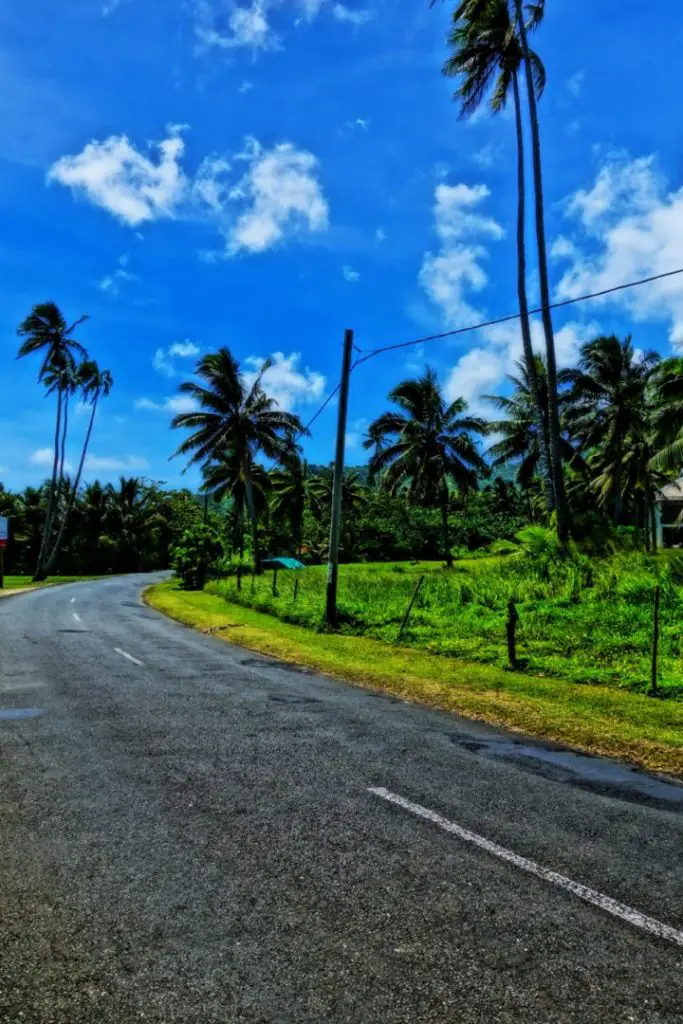
In terms of the typical tourist activities, anyone who dare stay overnight, finds out fairly quickly that Hana really doesn’t have that much to offer. If you’re looking for casinos, bars, or any kind of nightlife for that matter than you probably came to the wrong place. But this is why people come to Hana. The lure of a true island escape.
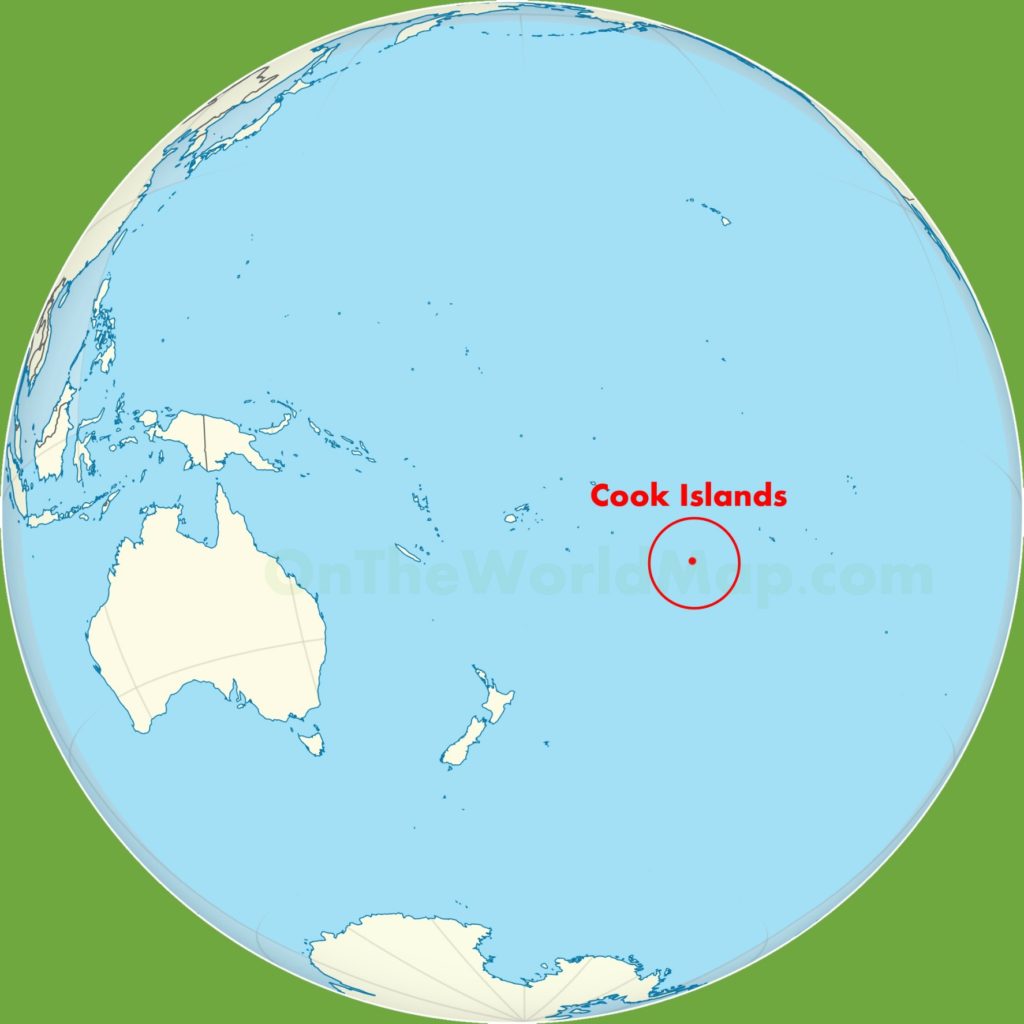
So why all this talk of Hawaii and Hana? Many Americans have heard or have visited Hana. While very few have heard of the Cook Islands. It seems that just as Hawaii is popular with Americans, the Cooks are popular with New Zealanders.
Additionally, Americans can relate to Hana. Hana is a good example of what “old” Hawaii use to feel like, especially on low tourist turnout days. This sensation of “old” Hawaii is alive and obtainable in the Cook Islands.
The Journey Begins – Aitutaki
The main island of the Cook Islands is Rarotonga. Flights on Air New Zealand fly nonstop from Los Angeles to Rarotonga on a weekly basis.
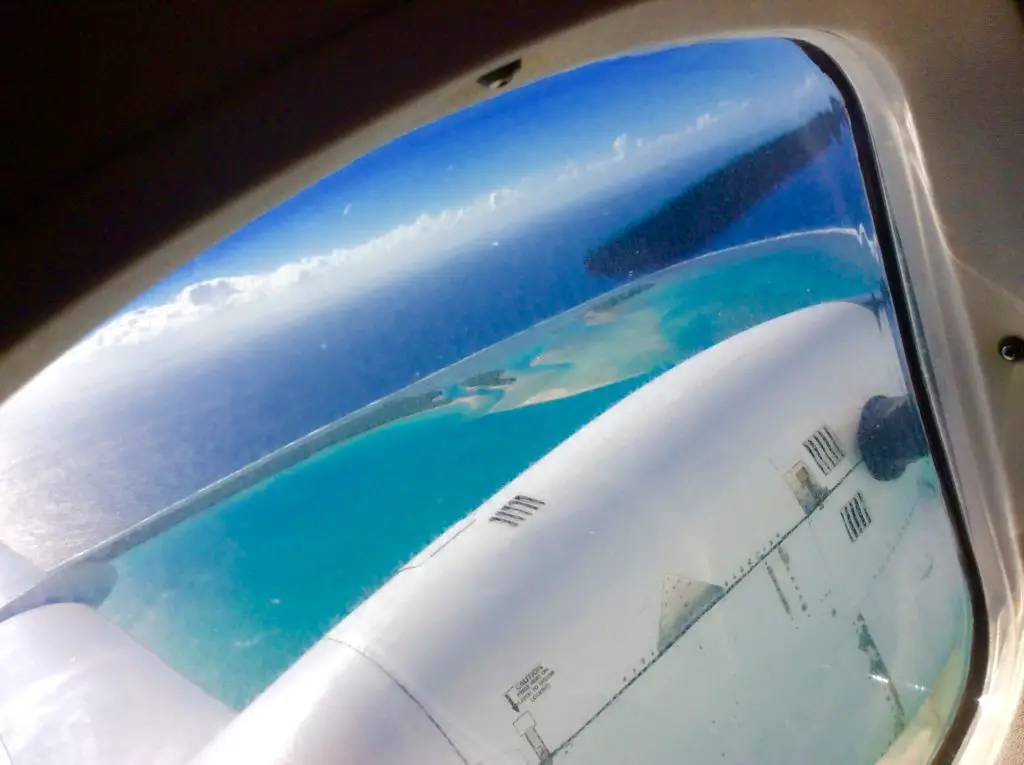
Our journey started here, in Rarotonga, where we took a small propeller plane aboard Air Rarotonga to the outlying island of Aitutaki, about a 45-minute flight away. Flying over Aitutaki is an awe-inspiring experience. The elevated perspective is the only way to take in the entire nine-mile long lagoon.
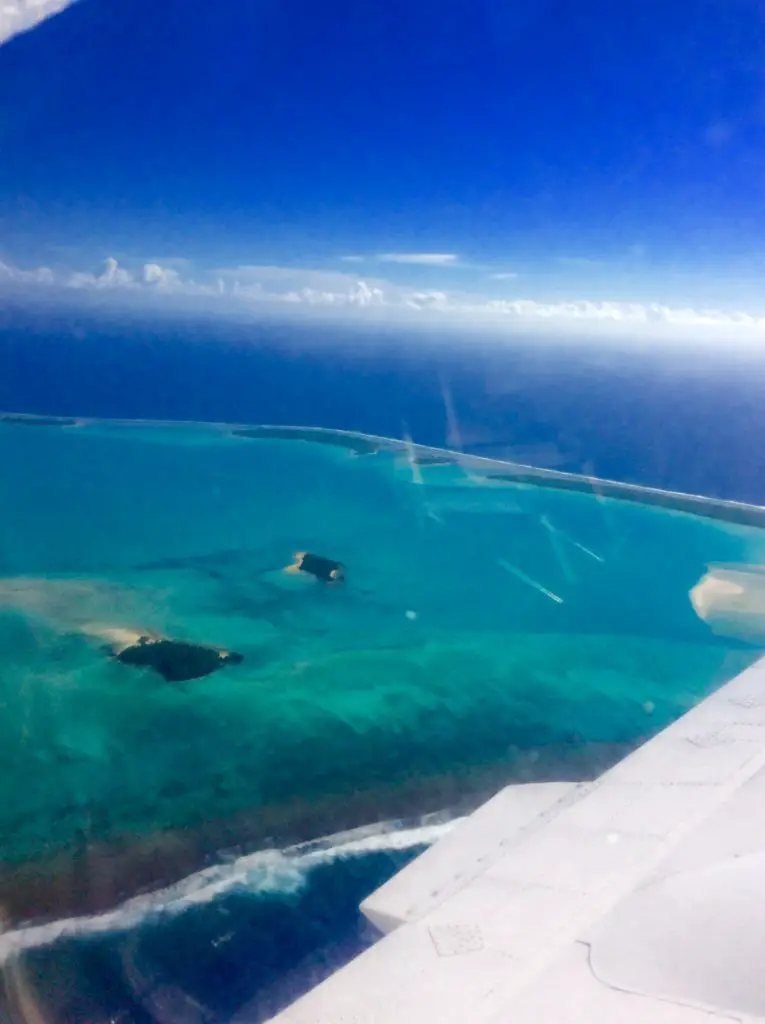
The turquoise waters and desolate sandy white beaches become even more intensified as you slowly progress to the ground.
Aitutaki Airport
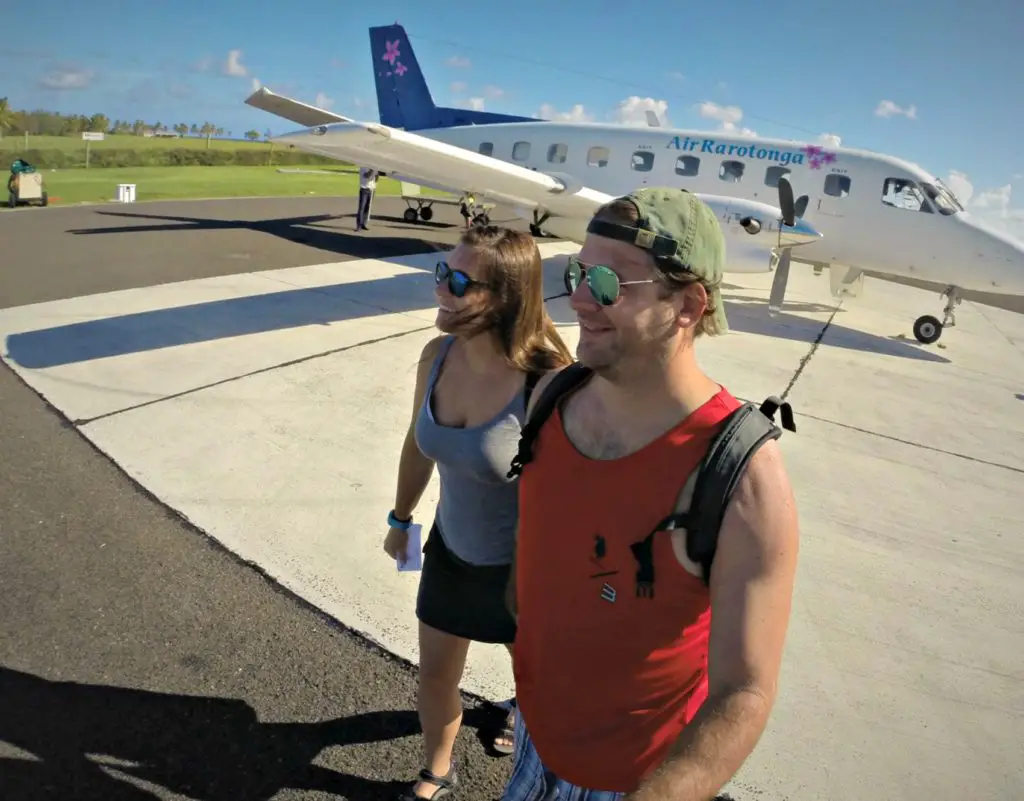
Upon landing, one realizes that they’re officially in the middle of nowhere at what must be the smallest airport in the world.
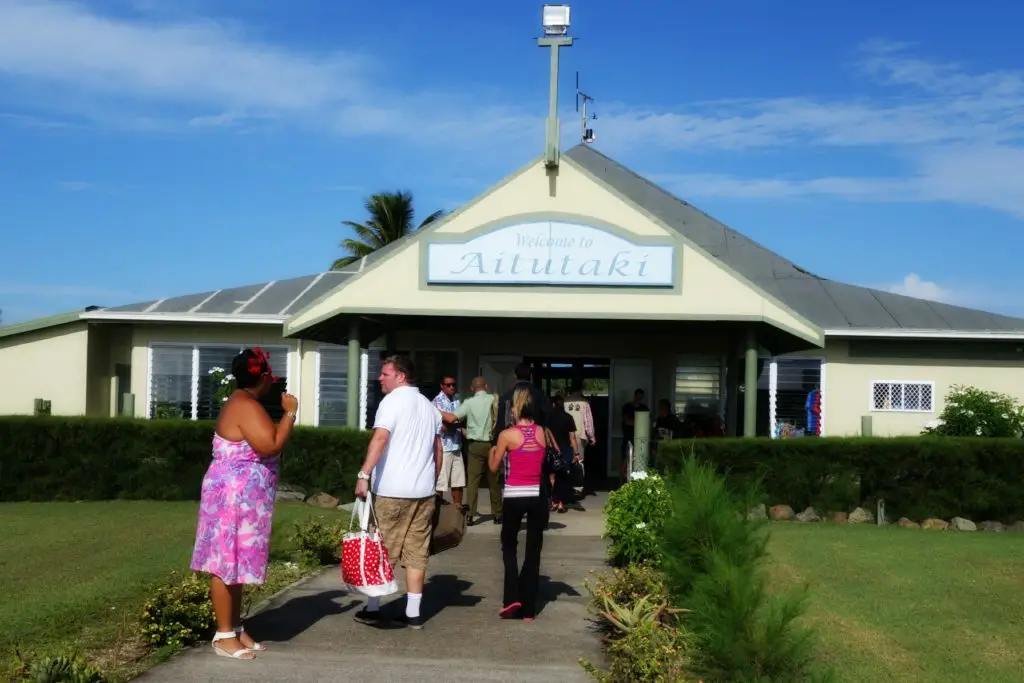
The hostess and owner from <Inano Beach Bungalows>, Veia, greeted us as soon as we departed the plane. A sweet, older woman, nearly 70 years old, who has lived on Aitutaki her whole life. She greeted us with leis and walked us to her vehicle. Displaying great pride in her business, she was wearing an Inano Beach football jersey.
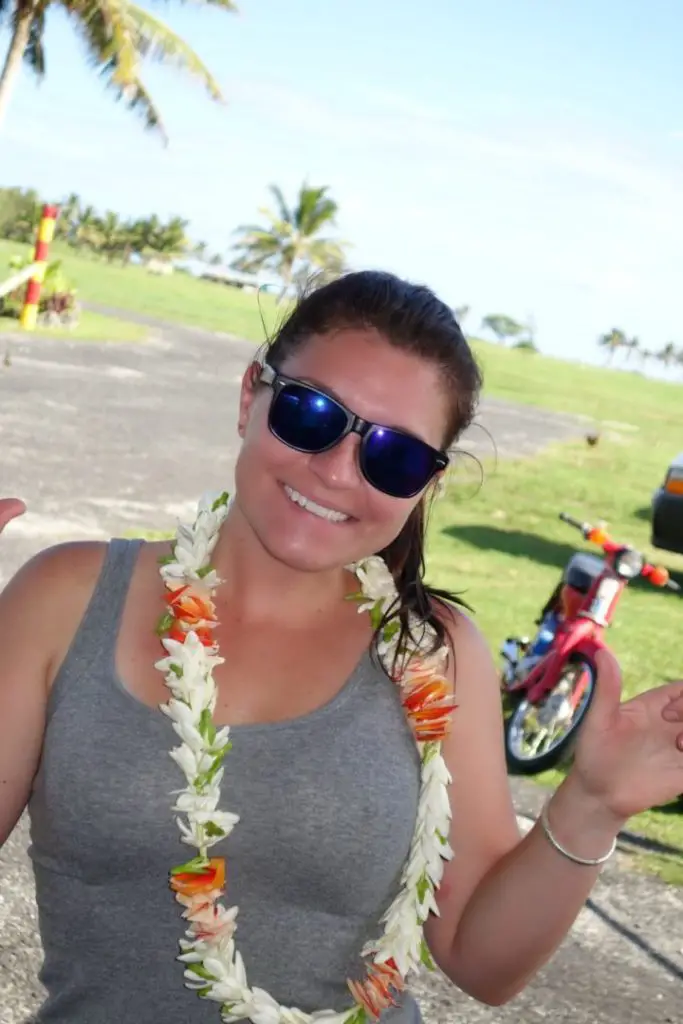
Beach Bungalow
Before we knew it, we were on our way to our lodging, never having to deal with the frustrations that come with the typical airport. The three-minute commute to the bungalows was short, mainly filled with introductions and gratitude for the handmade leis. We’d be spending the next nine nights in a beach front bungalow located directly facing the famous Aitutaki lagoon.
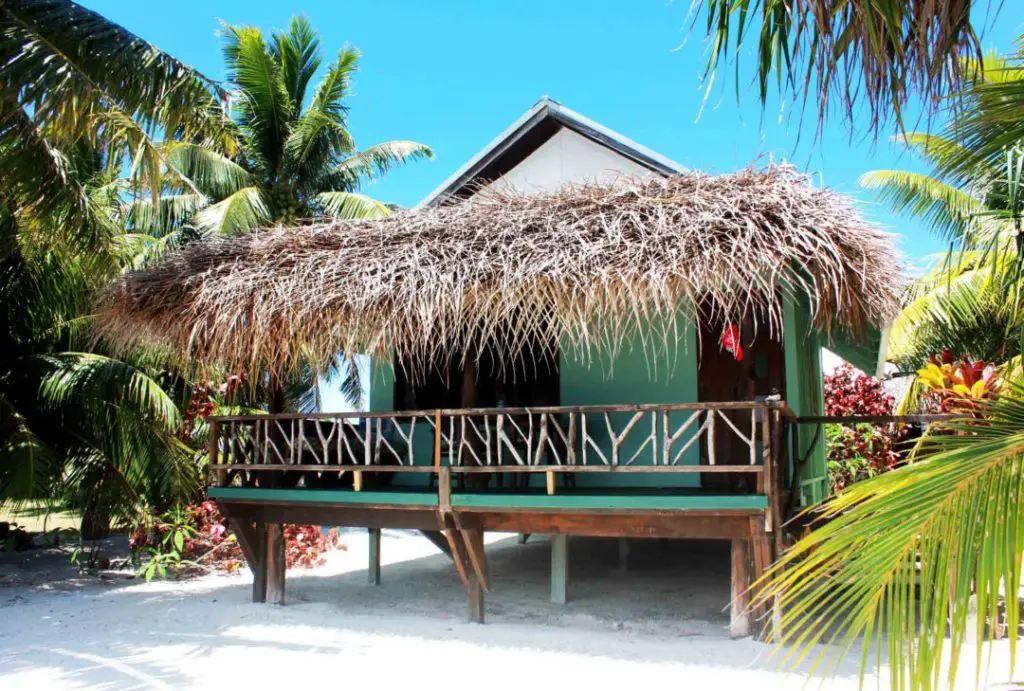
Veia immediately walked us to our Bungalow. The two-level house she lives in with her husband Moeau, was located just next door to the six bungalows and also positioned directly on the lagoon. Veia was responsible for nearly all tasks concerning the bungalows.
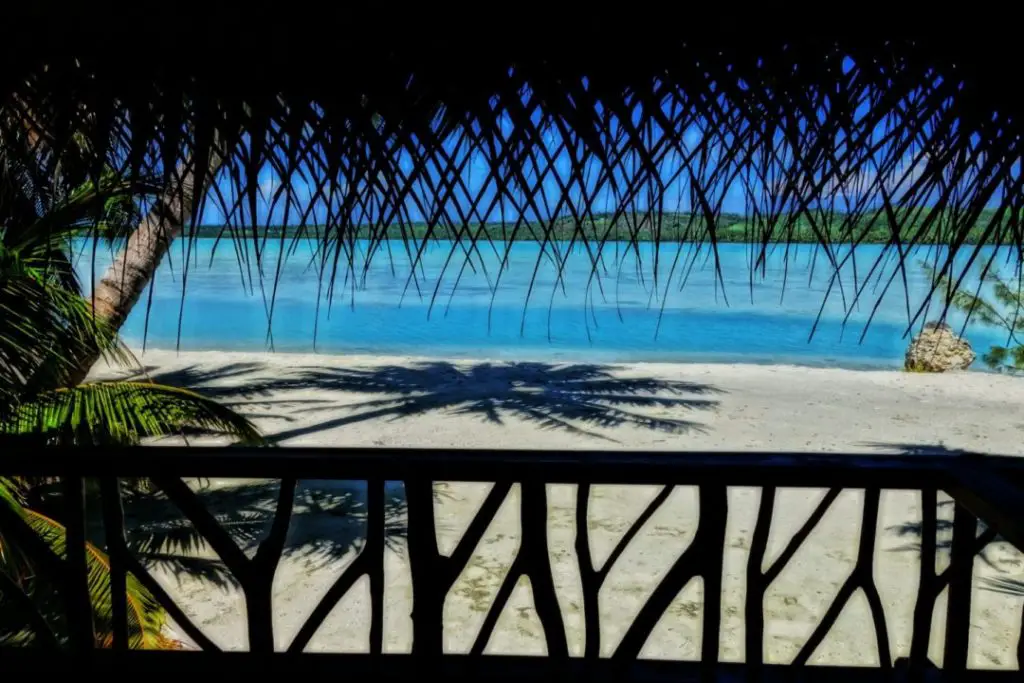
Grandma Aitutaki
Her duties involved changing and washing the linens, cleaning the bungalows and everything in between. We were amazed that at her age she had the energy to handle all of these responsibilities.
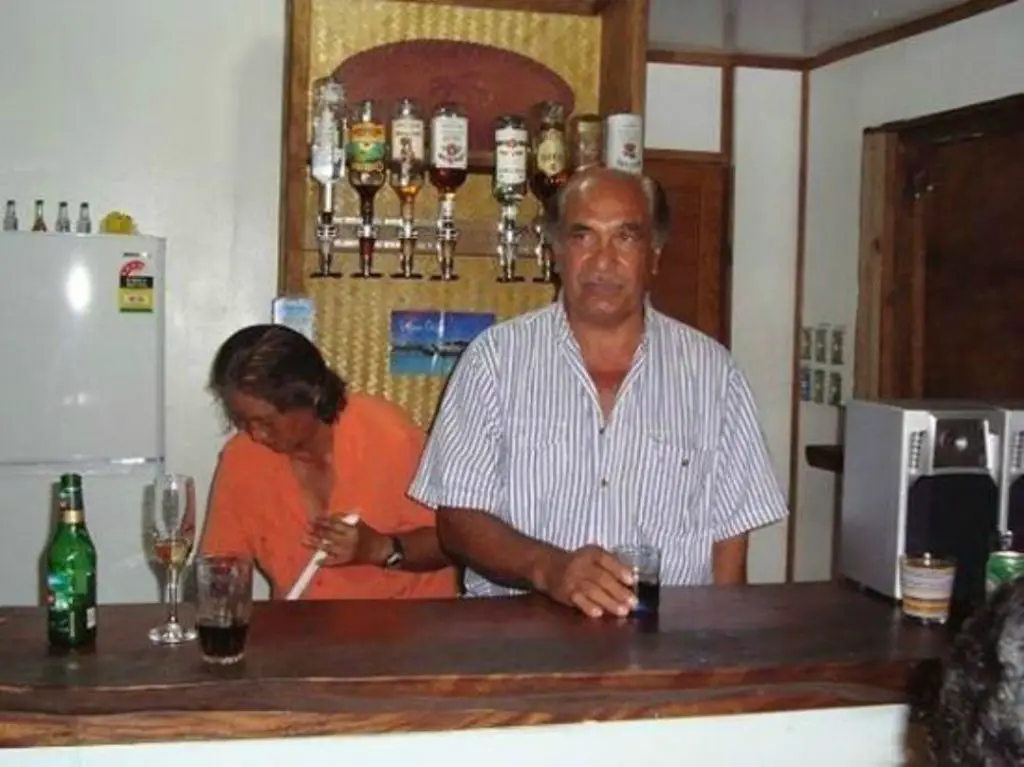
Veia enjoys meeting new people, taking care of them while they’re visiting, and providing insight on her island. After a few days, we came to realize that she loves what she does and wouldn’t want it any other way. In fact, Audrey and I began referring to her as “Grandma Aitutaki”, as she displayed all of the traits that reminded us of our grandmothers.
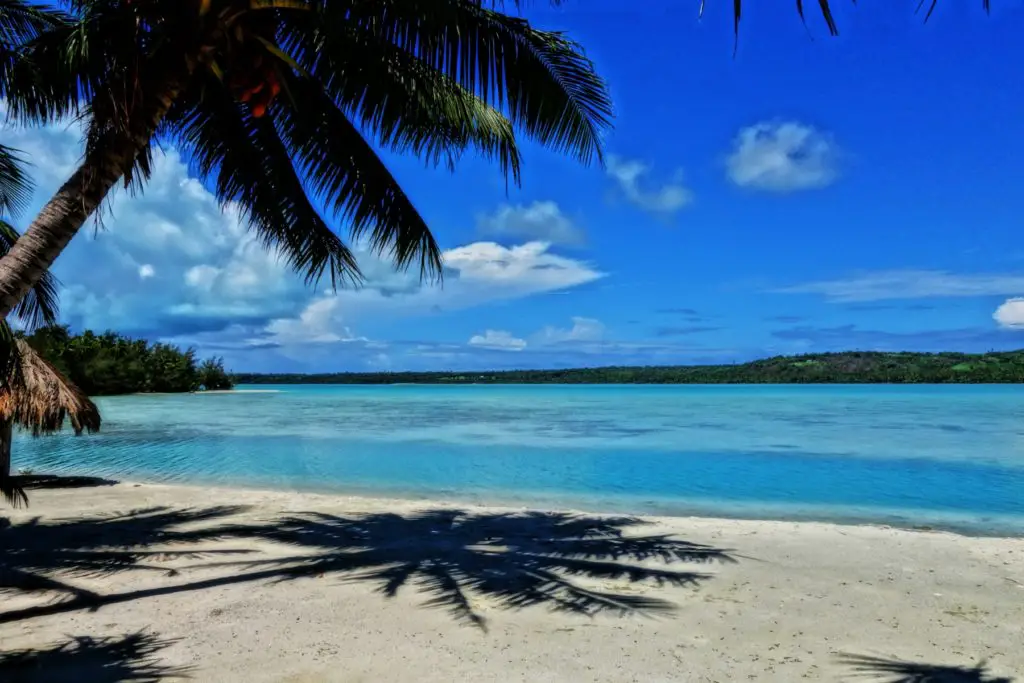
One time, for example, she showed up on our deck fairly early in the morning to get into the bungalow and begin cleaning. Audrey tried stopping her at the doorway exclaiming, “Oh, ah, Harry’s in his underwear.” With a wave of her hand she replied, “Oh, that’s ok” and made her way in anyway. Almost as if she’s seen it all, which I’m sure she has.
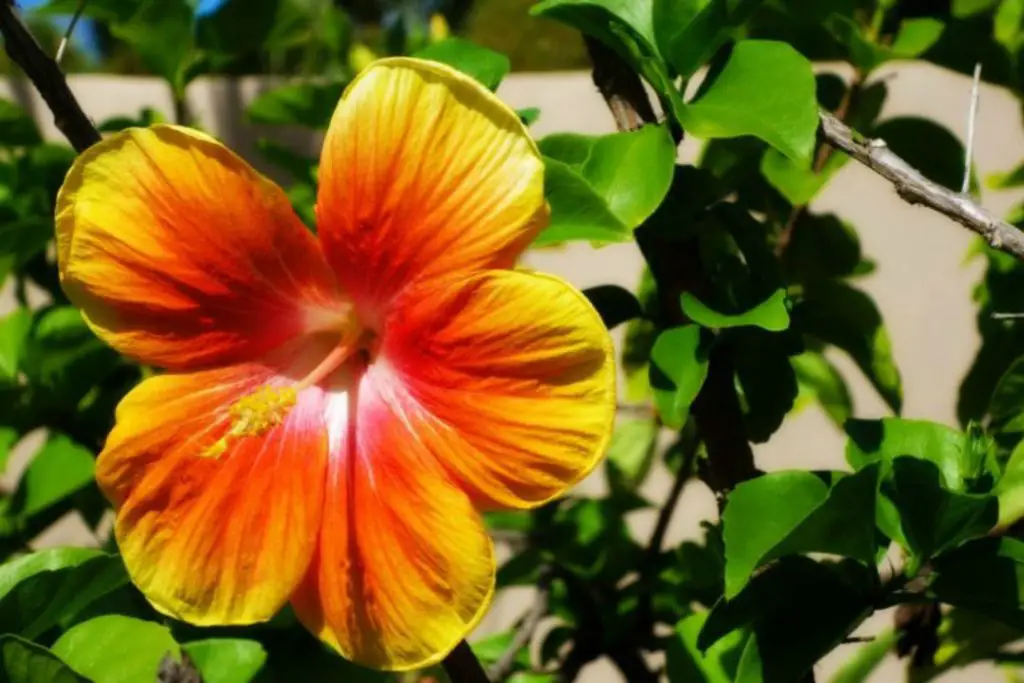
Flora and Fauna Around the Island
The animated flora and fauna within the gardens were vibrantly on display as the various hues of green, orange, and red jumped out upon the walkways. Although simple, the bungalow provided us with all the basic amenities to ensure a comfortable stay. Less, of course, air conditioning, internet, and television.
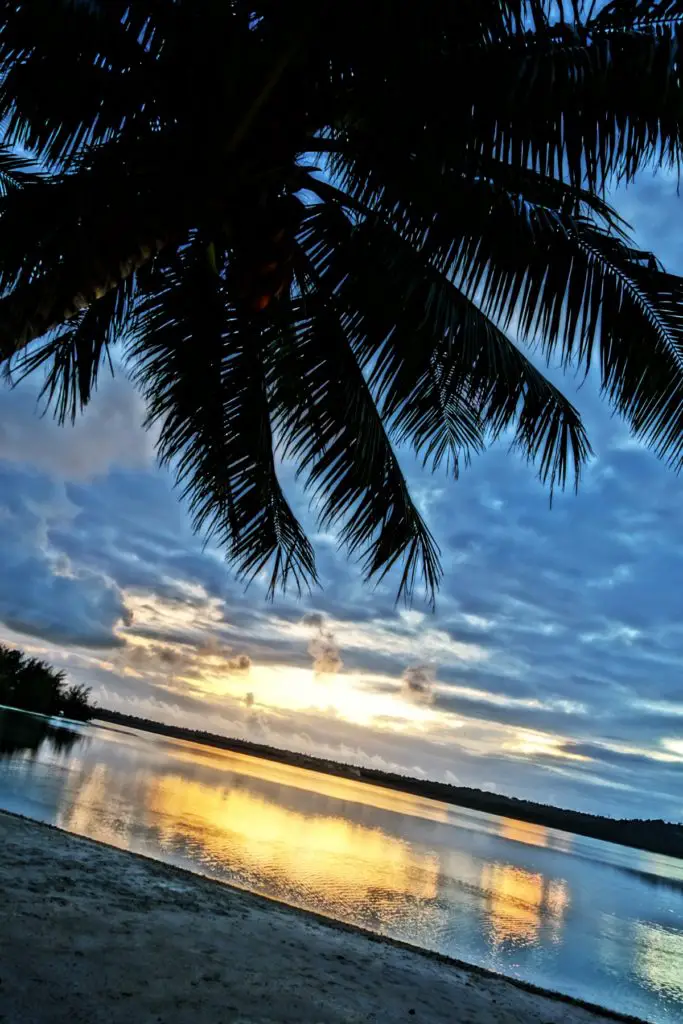
This was going to be a time to unplug, reflect on past journeys, and plan for future ones. The small, partially stocked kitchen and refrigerator provided us with just enough of the essentials to ensure that we’d prepare all of our meals in the bungalow, as food is outrageously expensive in the Cooks.
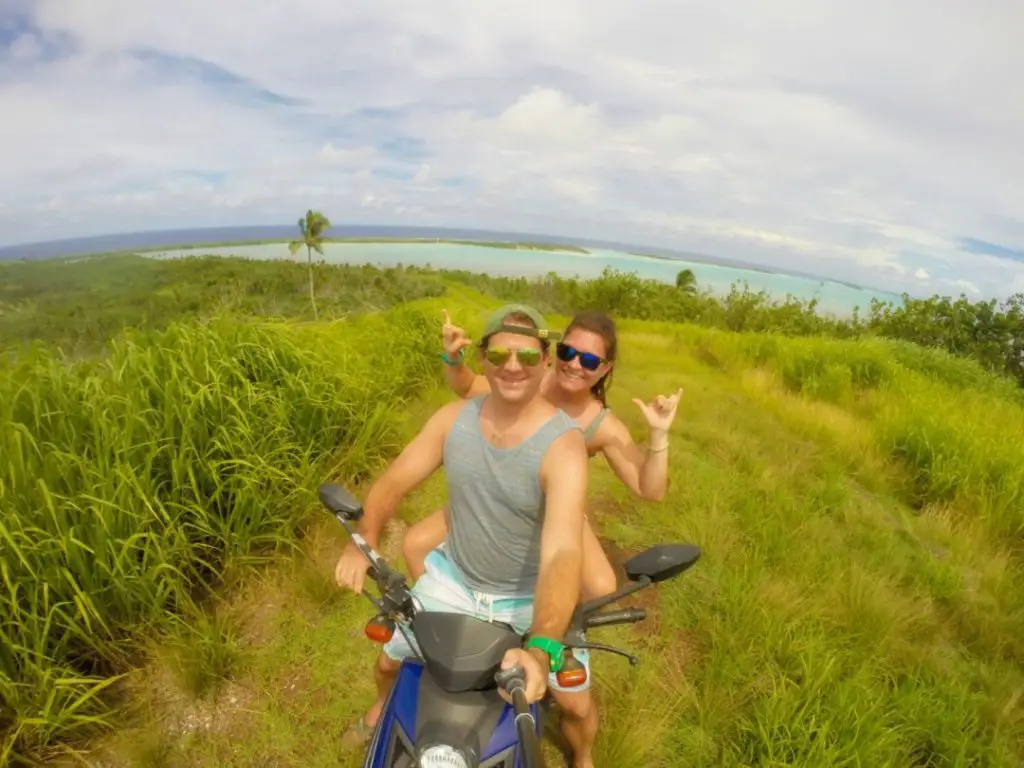
Renting a Scooter
Once settled, we began our exploration of the island. In order to rent a scooter, we immediately walked to the nearby Popoara Rentals. (The Aitutaki map/guide picked-up at the Rarotongan airport provided a $5 off coupon per rental per day.)
The rawness of the island is sharply apparent as soon as one begins their self-guided tour of the island. The population of Aitutaki is stated to be 2,000 but riding around the island it’s hard to believe.
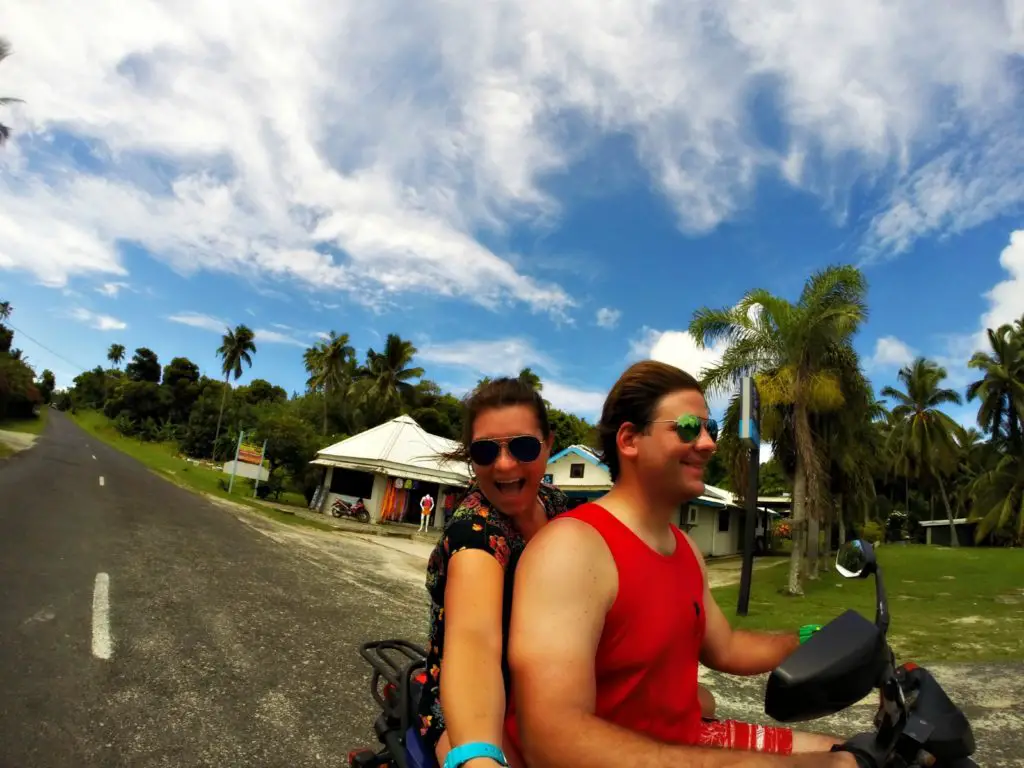
Upon traversing for days, riding on any road or path suitable for our scooter, it seems to be closer to a few hundred. There are no large hotels or condos. In fact, Veia’s two story house may have been the tallest building on the island.
Touring Aitutaki on a Scooter
Houses are small, open, and colorful. Daily drives allowed me to come to the conclusion that all the inhabitants have one thing in common. They seem to take great pride in their lawns, which are all manicured to perfection. The grass rarely longer than an inch.
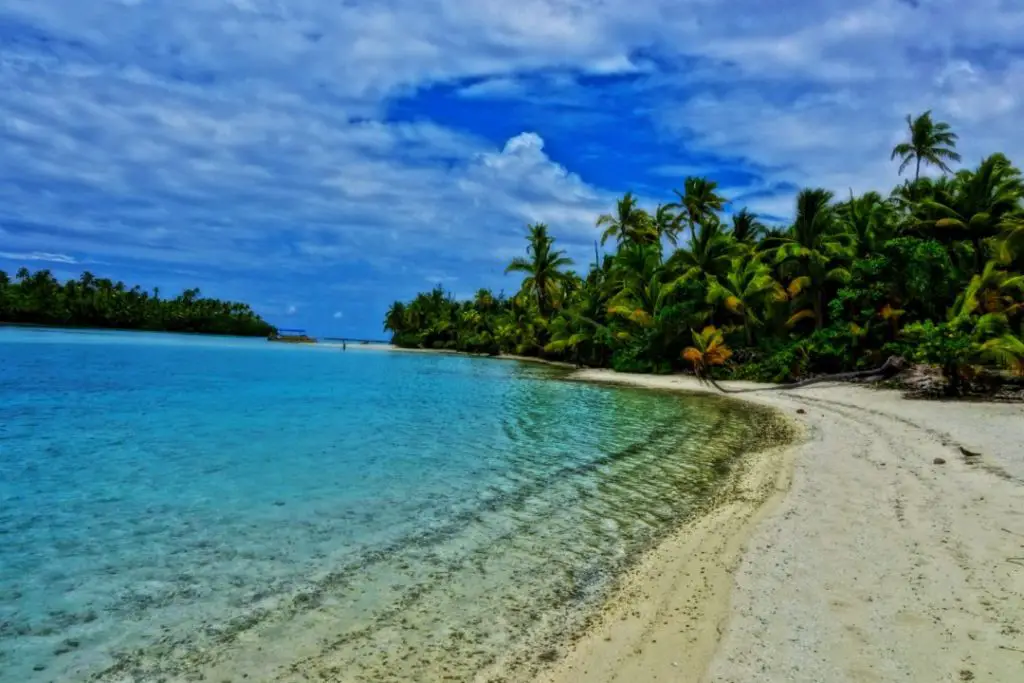
Outside of the lawns, nearly everything else is wild. As pure as it was 500 years ago. Beaches are never raked, coconuts never taken out from the tops of palms, (not even at the luxurious resorts), and trees are left to grow wild.
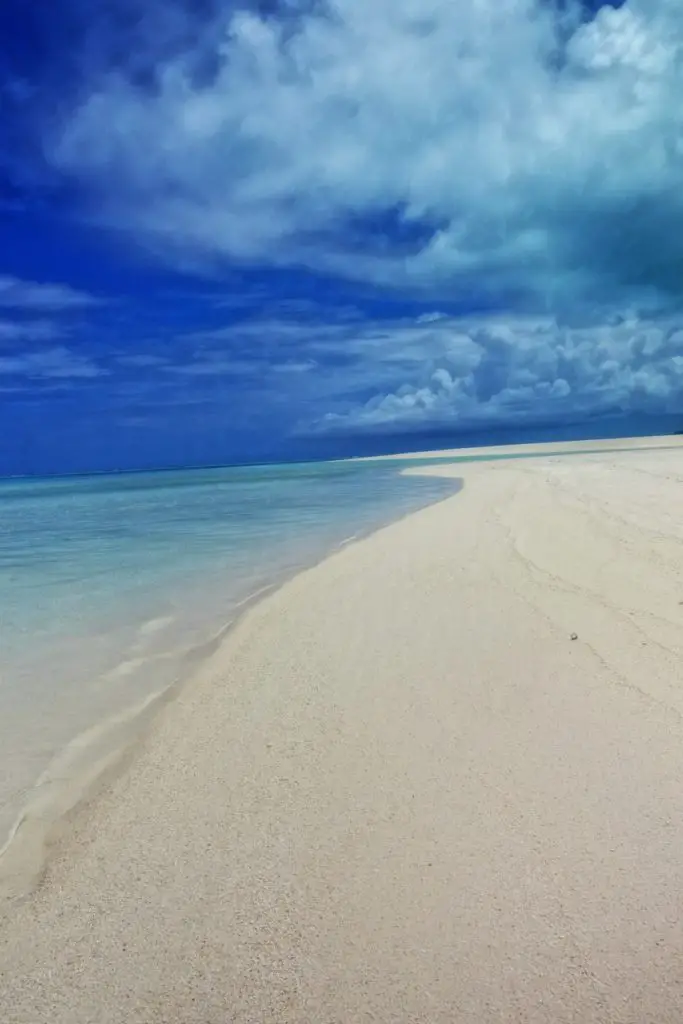
At only 10 square miles, there’s always a set of eyes watching you on this small island. No matter where you roam, the Tupa crab is there watching your every move. There must be millions of them, all scattering back to their holes at the slightest inkling of a human’s presence.
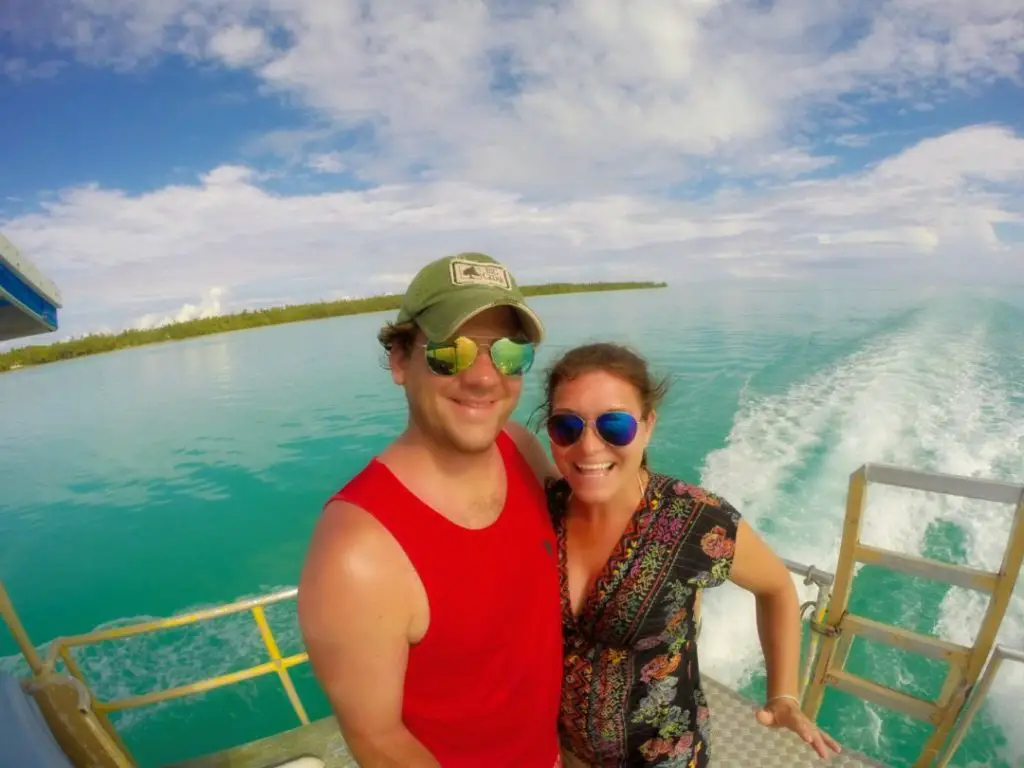
All of the typical water-based activities are possible on Aitutaki lagoon and most likely performed at O’otu Beach, which is the best swimming beach on the main island. Nevertheless, the main reason tourists visit Aitutaki is the lagoon.
Aitutaki Adventure
The best way to experience the lagoon is to take an excursion with one of the local outfitters. Veia recommended that we go with Puna from Aitutaki Adventure as he was the “cheapest on the island.”
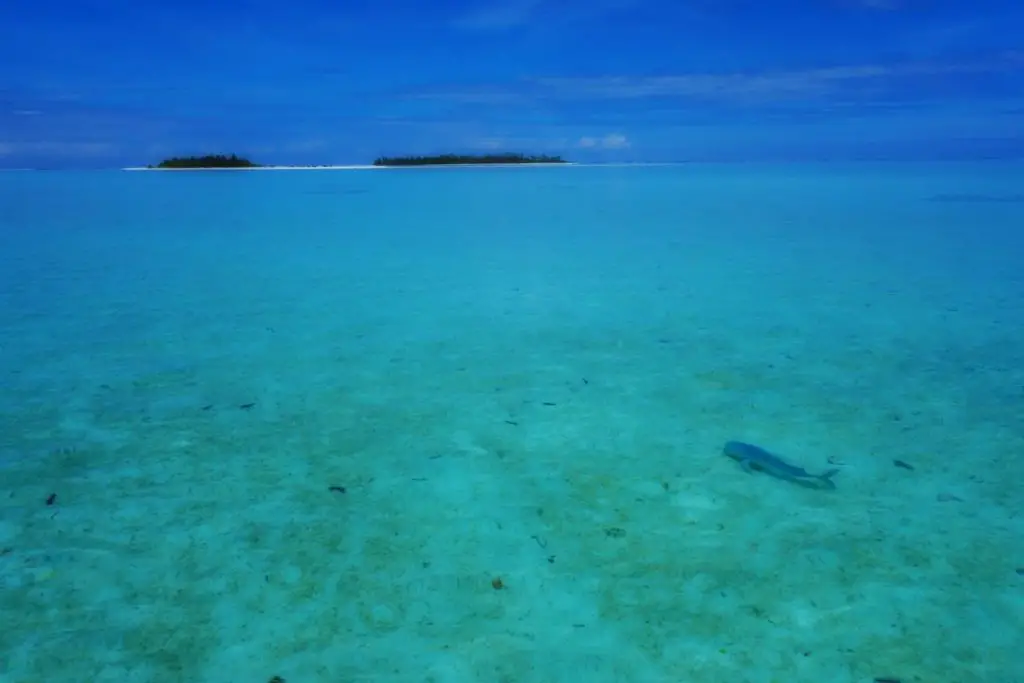
The tour included visiting a couple of popular snorkeling spots, Honeymoon Island, One Foot Island, and of course lunch. A few years ago, the television show Survivor was filmed on the motus that surround the lagoon. As huge fans of the television show, we eagerly drilled Puna with questions. What islands did the survivors stay on? Did you meet Jeff Probst? Did the survivors know how to survive here?
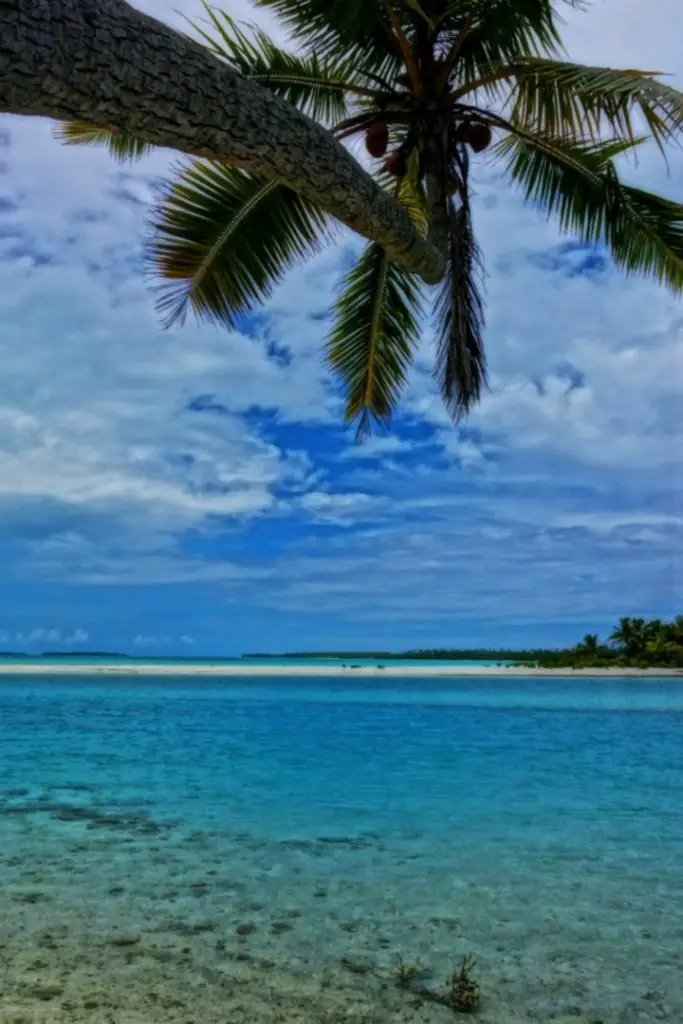
Puna mentioned that he was a cameraman for the show and was able to meet Mark Burnett. Upon hearing this, our ears suddenly perked up. He mentioned how Mark was “a really good guy” and “very humble.” Most impressive to Puna, Mark seemed to be truly interested in learning about the culture and history of his people. With regards to Jeff Probst? Punta stated, “Don’t ask.” He hardly saw him. Maybe he was too busy living it up at the <Aitutaki Lagoon Resort>, the ritziest resort on the island.
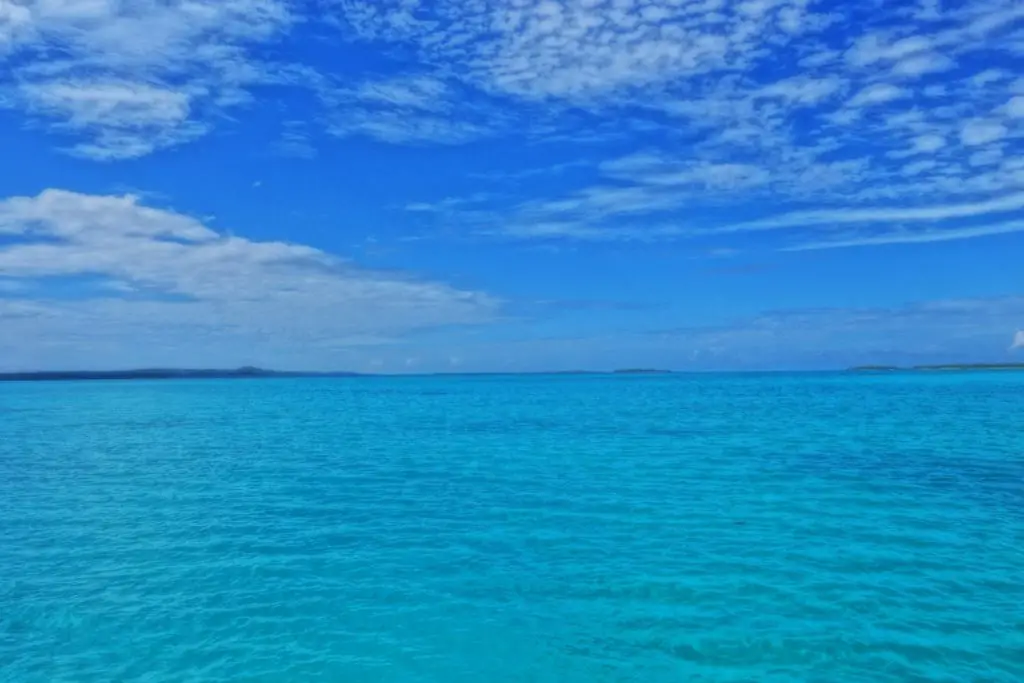
As the day passed, Puna would mention the facts surrounding the show. Mainly pointing out the precise locations of the tribal council, immunity challenges, and where the survivors lived. We were a little disappointed to find out that the crew removed all buildings and artifacts.
There’s nothing physical to touch or hold, anywhere. The subject no matter who we spoke with always brought out the same passionate outcome and glow in the locals’ eyes. Everyone wished that the show would come back to their island.
It brought in a lot of business and excitement. Every room on the entire island was booked for three months. Aitutaki was in the limelight. It was a golden age for the little island, at least during filming.
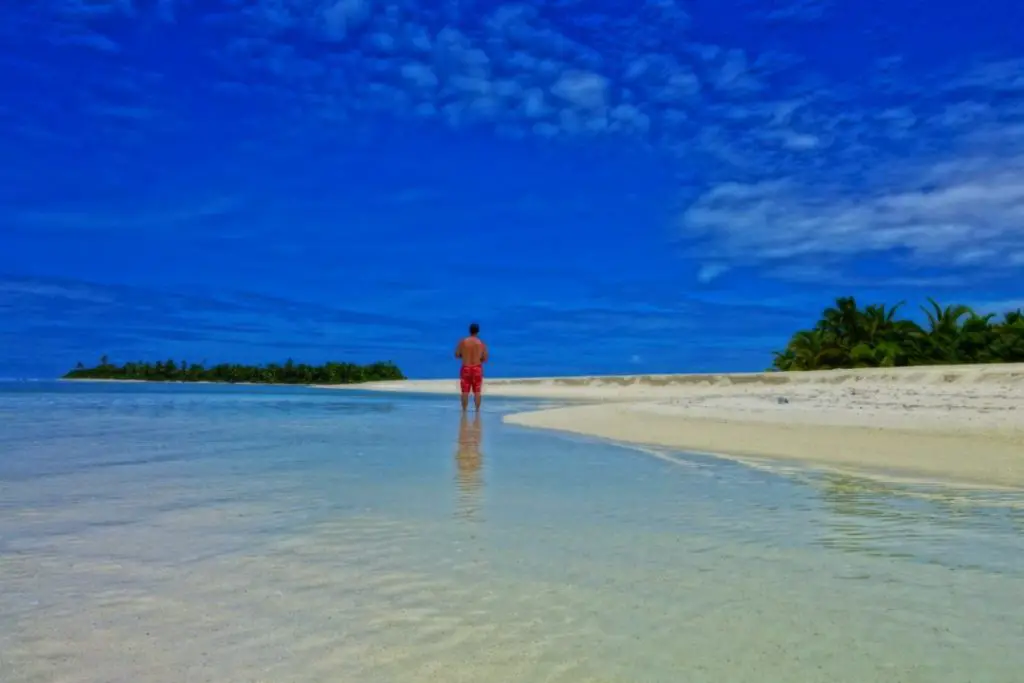
Honeymoon Island | Aitutaki
The highlight of the lagoon cruise was visiting Honeymoon Island. When daydreaming of an island paradise, this is the place that is envisioned. White sandbars extend off the small green lush island for what seems like hundreds of feet. A wedding arch made from local timber remains in one corner of the sandy beach.
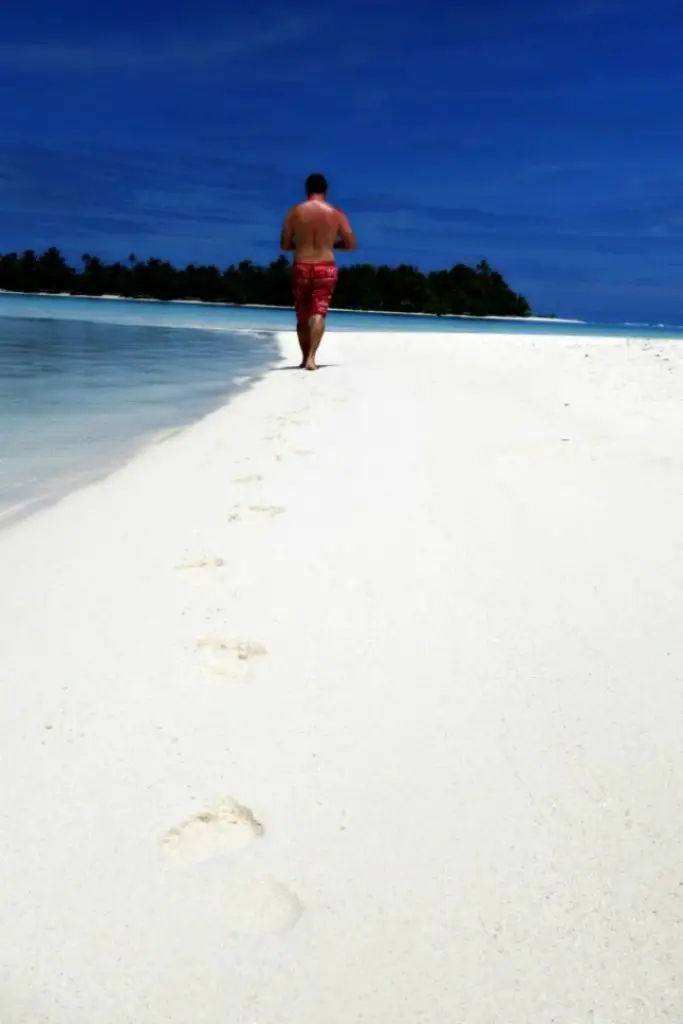
Walking along the sandbars, in knee deep water, one can only imagine the weddings that have taken place here. The water so purely clear that there’s no need to put on a snorkel mask. Just walk along the sandbars. It’s easy to spot the various tropical fish as they swim by investigating the rather rare human foot. With only a half hour allocated on the tour for this small piece of heaven, it’s hard to leave.
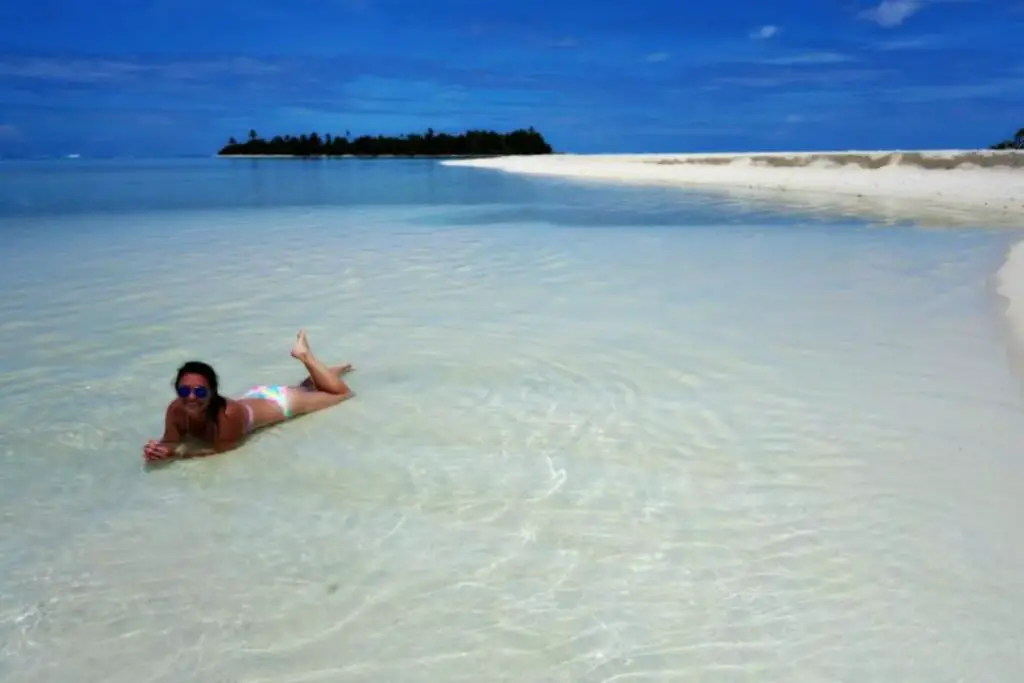
On departure, we find ourselves preparing the small pontoon boat for a South Pacific rainstorm for the 45-minute journey from Honeymoon Island to One Foot Island. The wind was picking up and the sky was growing darker in the exact location where we were heading.
Living in the middle of nowhere requires that the people be extremely resourceful.
Time to Get Resourceful
Living in the middle of nowhere requires that the people be extremely resourceful. Nothing can go to waste because the cost of receiving goods to Aitutaki is beyond exorbitant. This was well displayed in Puna’s Pontoon boat. It reminded me of Johnny Cash’s song, One Piece at a Time. The pontoon had obviously seen better days.
Various parts were replaced with scrap metal and everyone sat on plastic lawn chairs. It was however running and afloat which was important because this was now our mode of transportation across the lagoon during this unexpected storm.
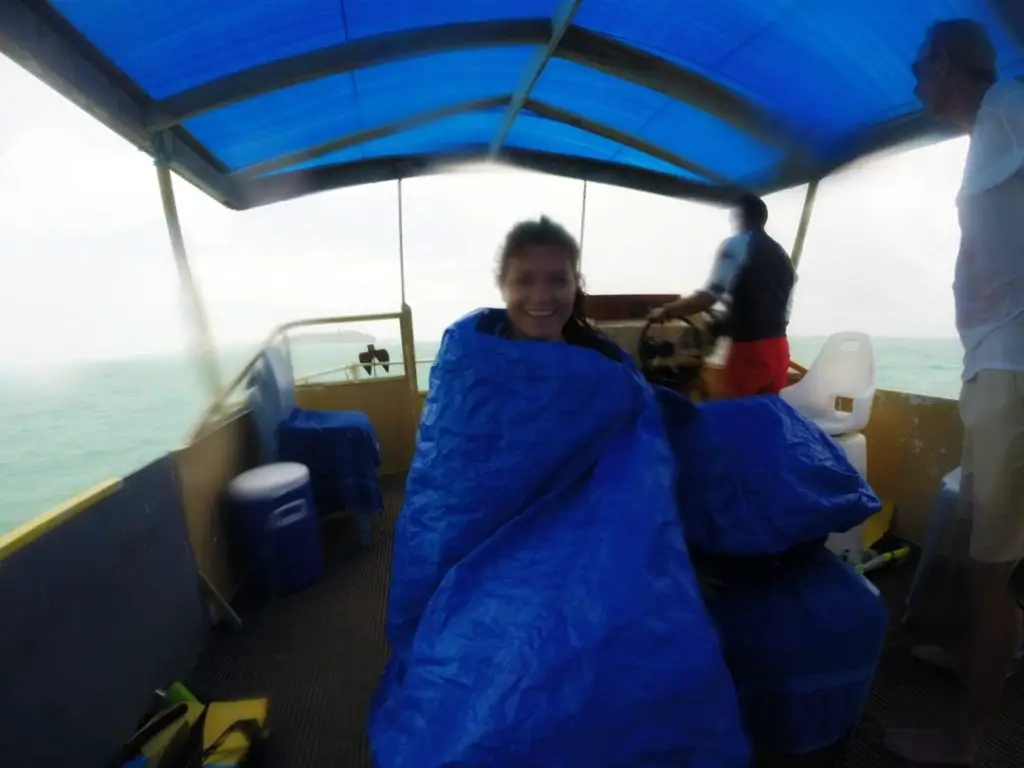
We begin wondering how bad this storm was going to get as Puna began handing out blue tarps to wrap ourselves and our belongings in. After all, the roof of his pontoon boat consisted of the same blue tarp with scattered holes and random tears.
At first, there was no need to take shelter. But as we inched closer, the rains picked up and so did the winds. Enjoying the feeling of being alive (and wet), there was no need to take cover. Audrey, on the other hand, felt differently.
One Foot Island
Upon reaching One Foot Island the storm had passed and the sun had returned. Being suckers for passport stamps we rapidly approached what is said to be the smallest post office in the world. Also serving cold beer to thirsty tourists, it also turns out to be the smallest bar/post office combo in the world.
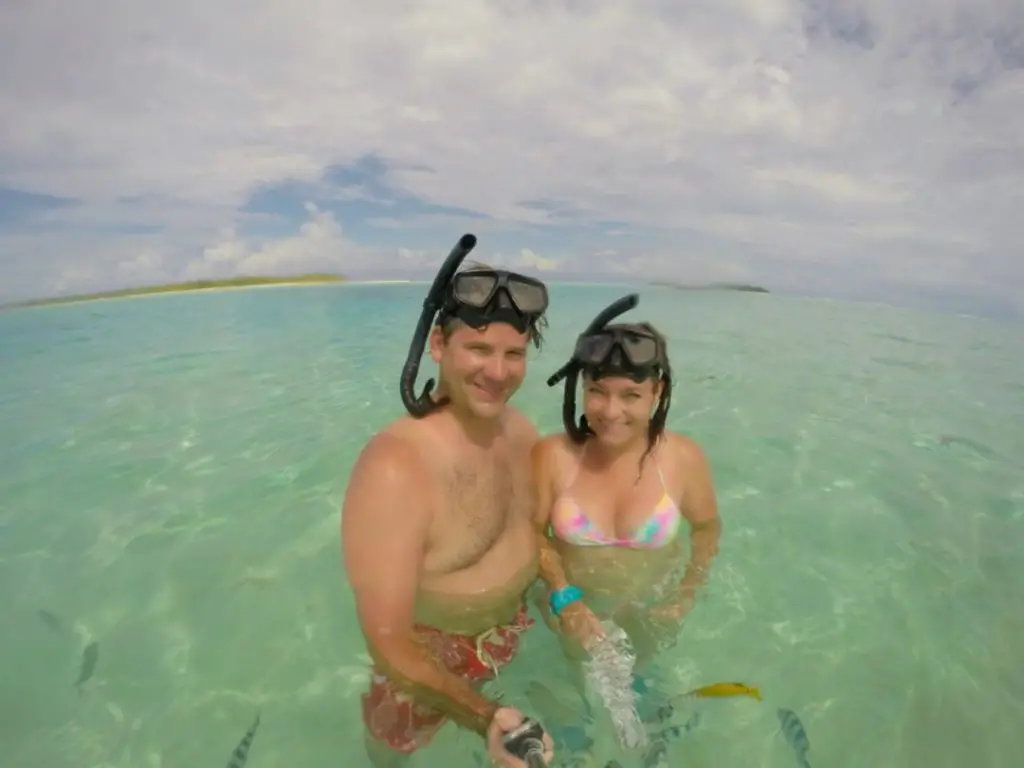
After a fabulous lunch of freshly caught tuna, we headed back out to do some additional snorkeling in the lagoon. There are small sandbars approximately three to four feet deep throughout the lagoon which prove to be ideal spots to drop anchor. The sandbar then drops to about 15-20 feet with an abundance of coral and tropical fish to entertain all.
With Puna providing a nice carcass of fish to use as a lure, the superb snorkeling was on. The highlight that day was the two large Trevali fish that seemed fascinated with us, as they constantly circled the boat during the entire length of our visit.
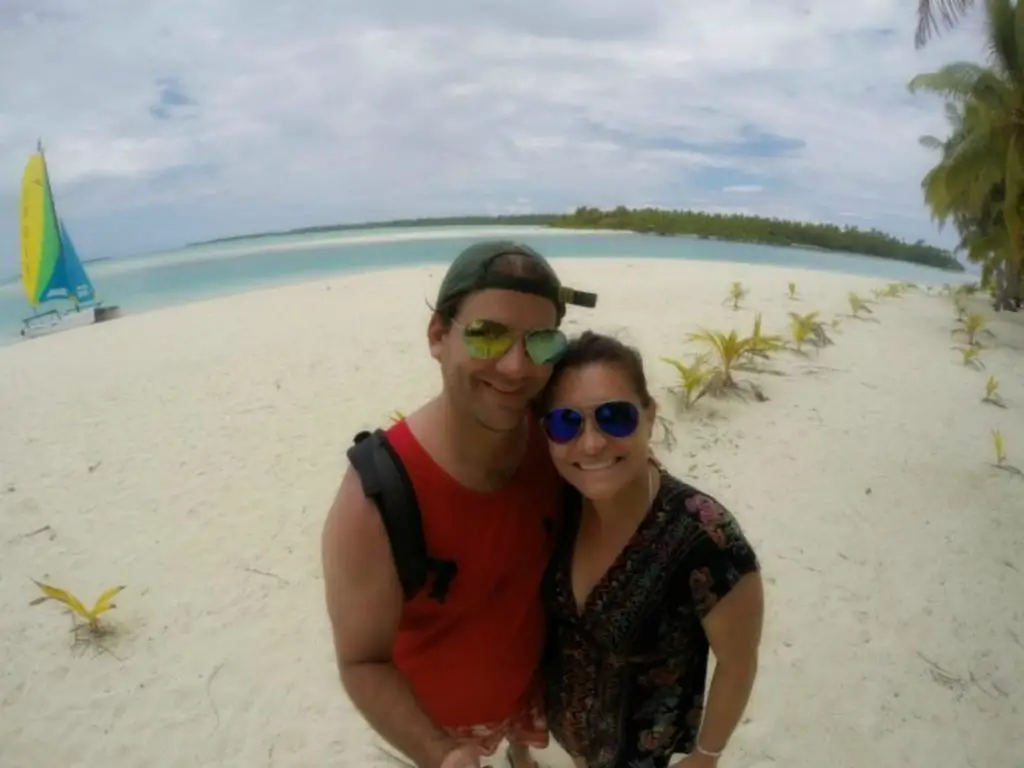
With the second snorkel stop of the day complete, it was time to end the full-day tour of the lagoon. On the way back, Captain Puna warned us that it was going to be a bit slow going as one of the two small engines locked up. Sluggishly inching closer to port, one could sense that we all felt bad about the engine.
On one hand, we knew the resourcefulness instilled in Puna from a young age would overcome this breakdown. On the other hand, we were grateful because it would buy us all additional time on this breathtakingly amazing lagoon.
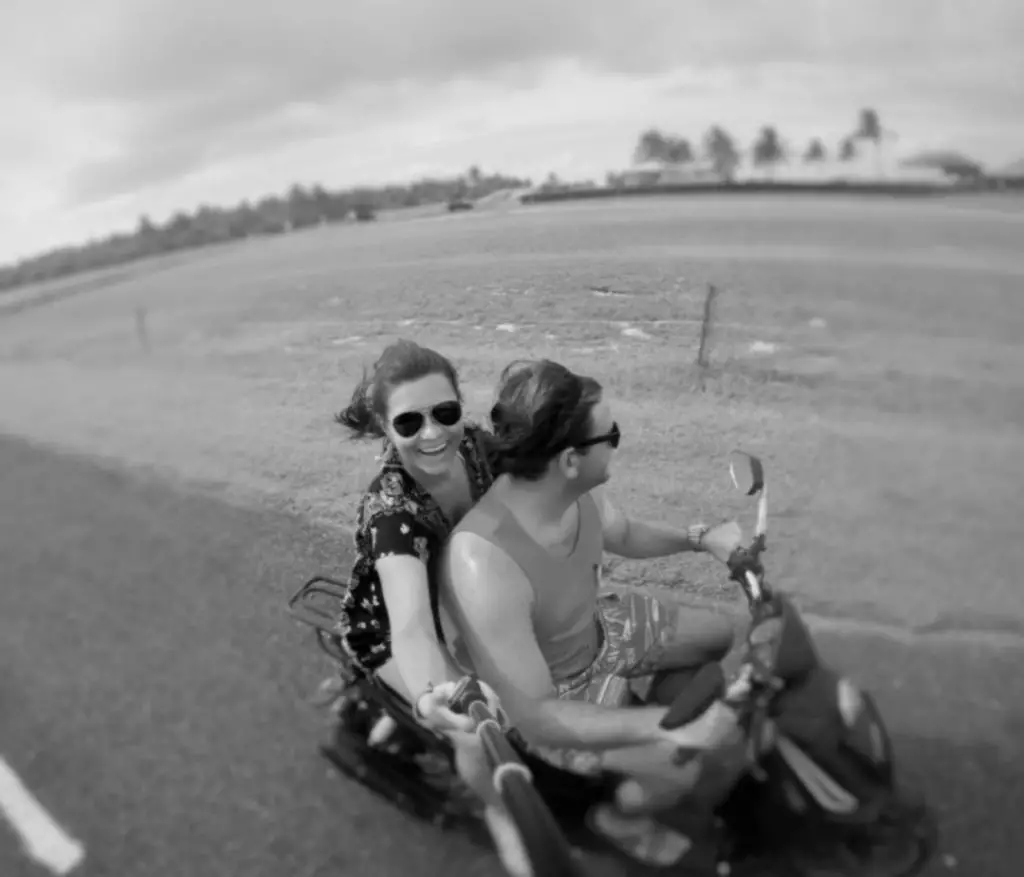
Killing Time on a Scooter
The other main pastime to pursue is sightseeing around the island on a scooter. One thing to prepare yourself for is the amount of waving that occurs while you’re riding. Every person you pass, whether walking or riding, will enthusiastically wave to you and of course, it will be accompanied by a huge smile.
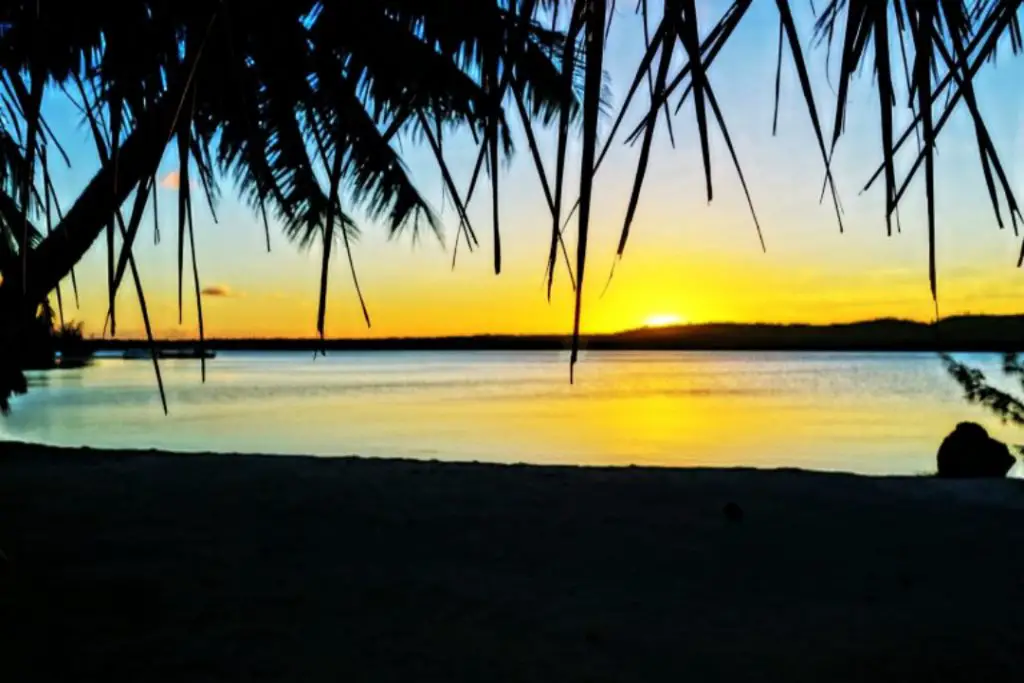
It’s like nowhere else on earth that I’ve visited. As we rode around the island, people would stop whatever they were doing in the yard, including mowing, and wave to us. Literally, stop the mower, turn it off, and wave to us.
It’s like nowhere else on earth that I’ve visited.
The goodness that Aitutaki prescribed upon us was effective. The dosage of that “old” Hawaii feeling, I imagine, was just right. Leaving the slow paced life of Aitutaki was challenging. Living life so simply is extremely liberating. But with great regret, it was time for us to depart Aitutaki and spend the next 30 nights in Rarotonga.
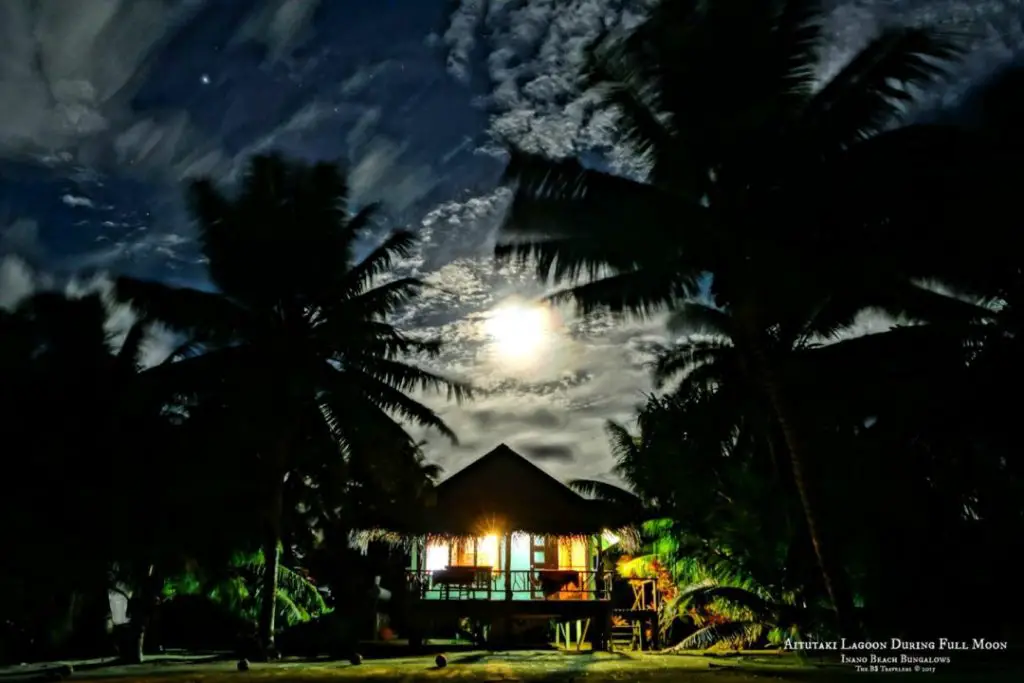
Now it was time to experience the “fast-paced” life of the main island. At least that’s how Aitutakians see it. With approximately 13,000 people, over half of the population of the Cook Islands resides in Rarotonga.
Off to Rarotonga | Cook Islands
The landing in Rarotonga was quite enjoyable as there was no cockpit door on such a small plane. Peeking through the cockpit window, it was hard not to notice the winds of the South Pacific as they seemed to be enraged that day.
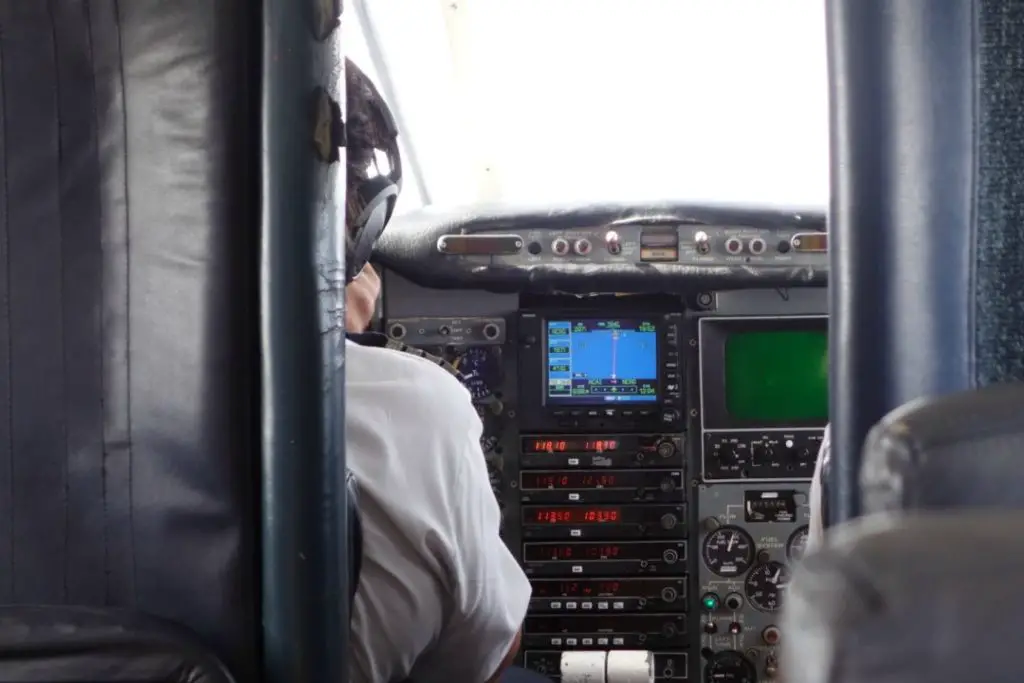
From a novice’s perspective, the plane appeared to be having a hard time finding the center line of the runway. Without any complications though, the 12 seat propeller plane landed successfully.
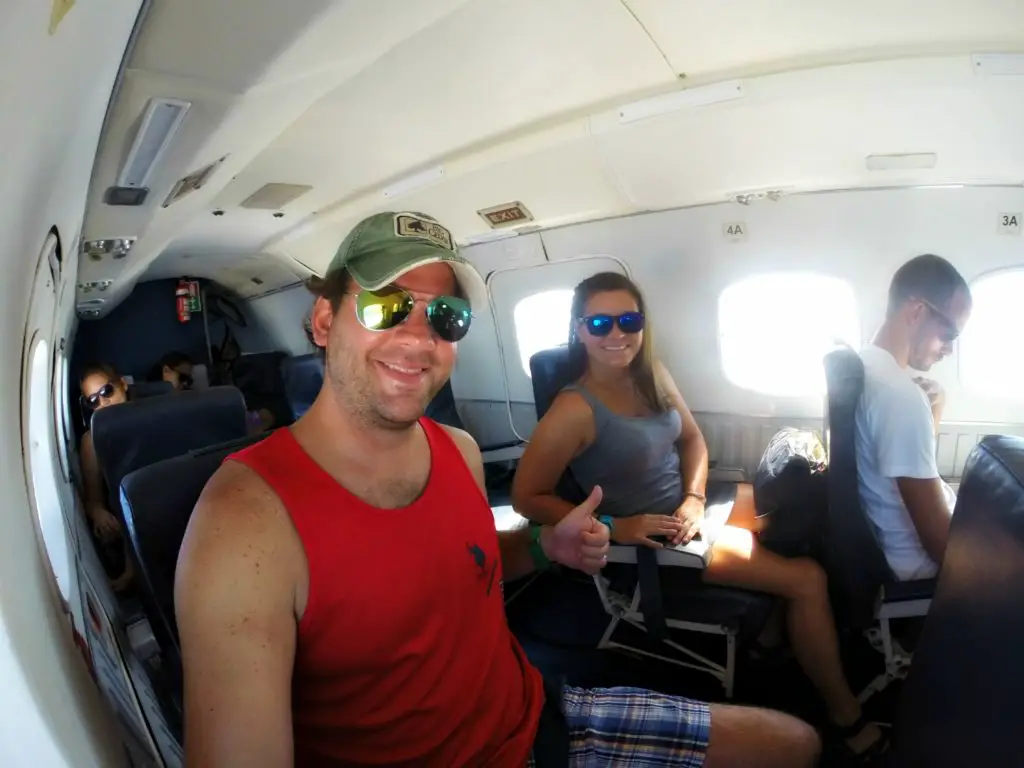
The majestic beauty of the lush, jungle mountain greets you upon arrival. Their staggering magnificence never getting old, no matter how long you stay on the island. As the weather changes, so do the views. No matter what your position, or your perspective, somehow it never seems possible to get close enough to fully enjoy them.
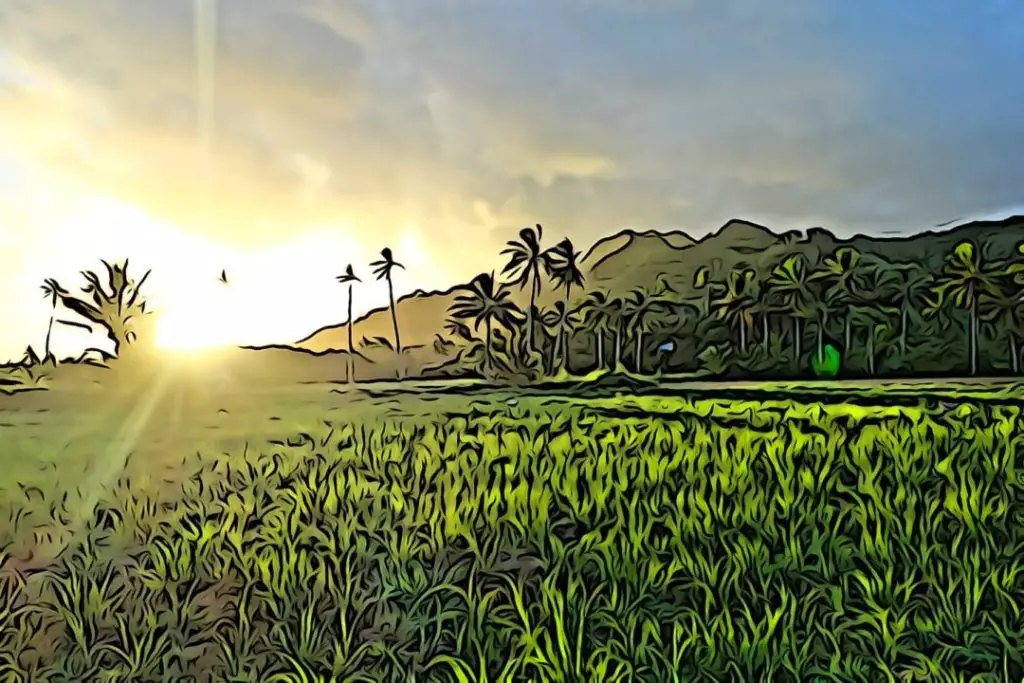
Leaving the airport, we boarded one of the local buses. There are two. One is called the clockwise bus and the other is called the anti-clockwise bus. The main road goes in one giant 20-mile ring around the outskirt of the island. The total loop takes 45 minutes to complete. The cost? $5.00 a person.
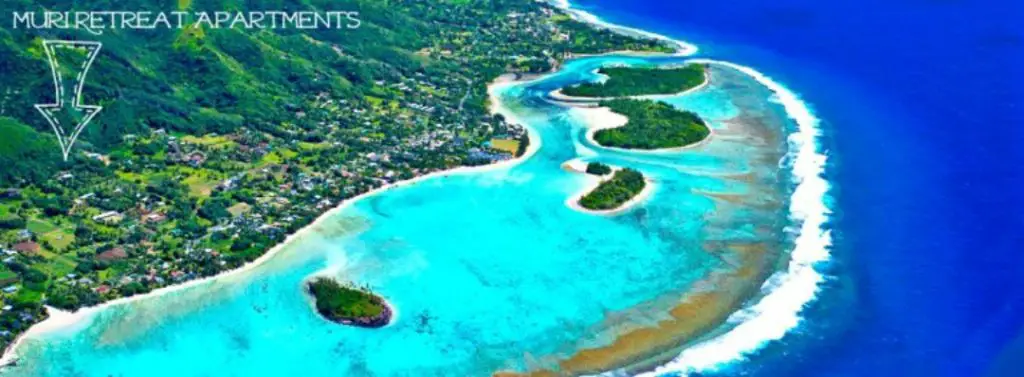
Arriving to Our Apartment
The apartment we booked with <Muri Beach Retreat> is near Muri Beach and was approximately a 25-minute ride away. We hopped on the bus, told the bus driver where we were staying, and he knew exactly where to drop us off.
From the main road, the apartment is a short 5-minute walk towards the mountains. We were warmly greeted by Steve and Phoebe, the owners of the apartment building.
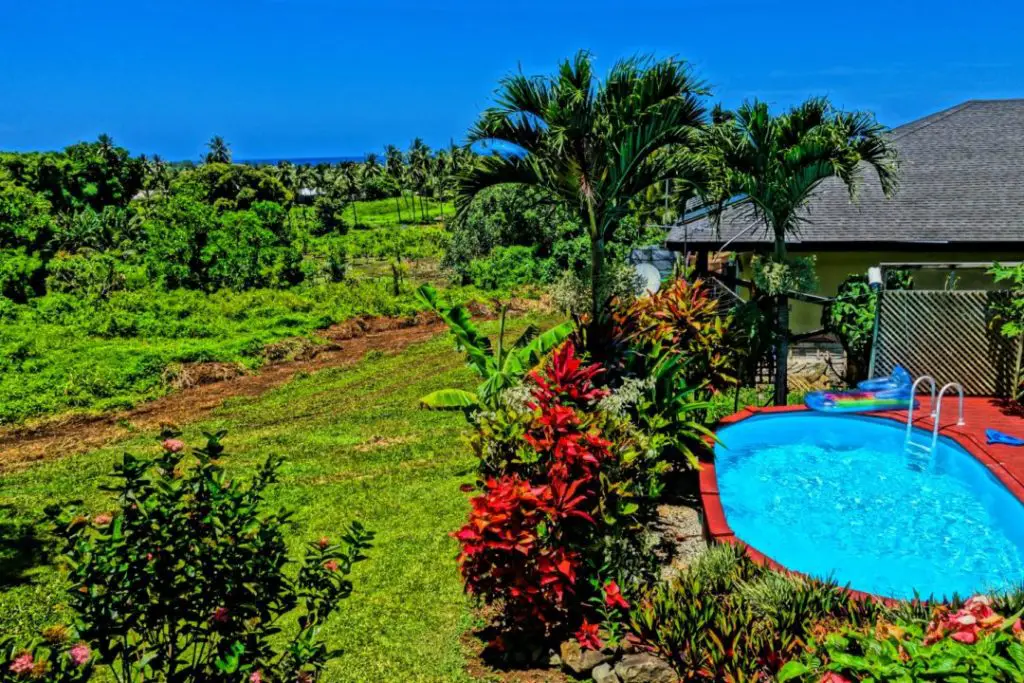
They gave us a thorough briefing of the unit, the grounds, and the island. Spotting the pool brought a little twinkle to Audrey’s eye. Phoebe seemed to connect with Audrey right away as they made plans to go to URA fitness dancing classes during our stay.
The classes were held both indoors and outdoors depending on the day of the week. Visualize the group dance class as Zumba with a Polynesian flair.
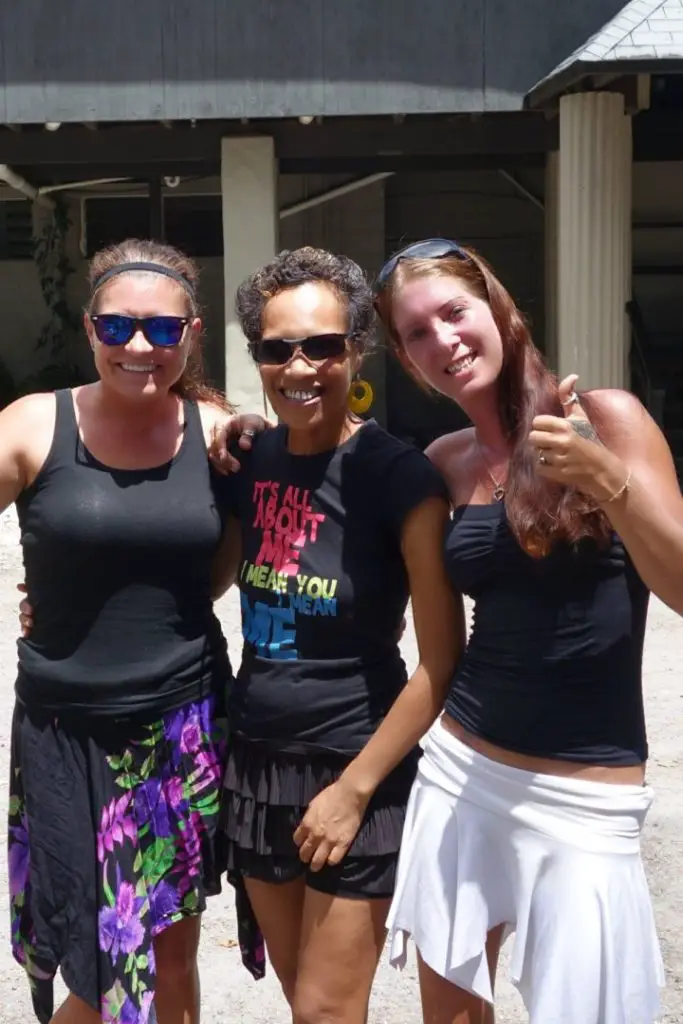
Got to Get Wheels
The first orders of business were transportation and groceries. The easiest and most efficient mode of transportation by far is the scooter. Rates are extremely affordable, especially during the low season. By paying up front for the entire length of our stay we were able to rent one, an automatic, for approximately $7 per day from Pacific Rentals.
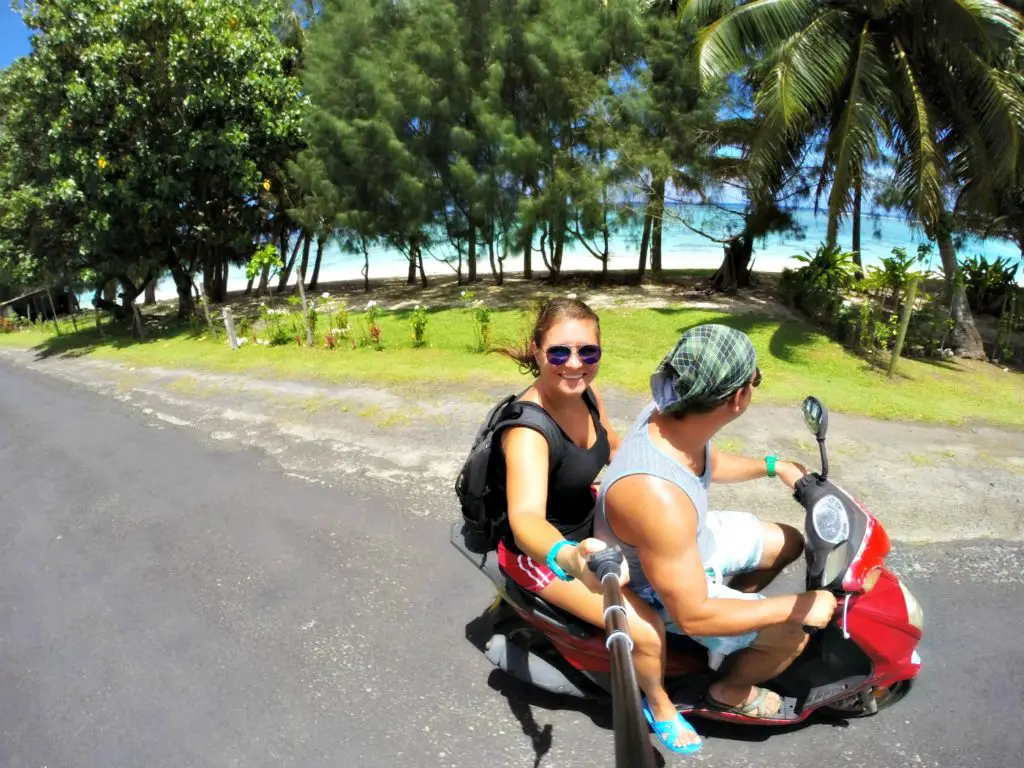
We were surprised to see how large the main grocery store (named CITC) was after coming from Aitutaki where the grocery stores were small (about the size of a convenience store in the states) and had a limited variety of food. Walking into it felt similar to the sensation of walking into a Costco (with the high ceilings), although nowhere near the square footage. At first sight, we knew were going to eat well during our stay.
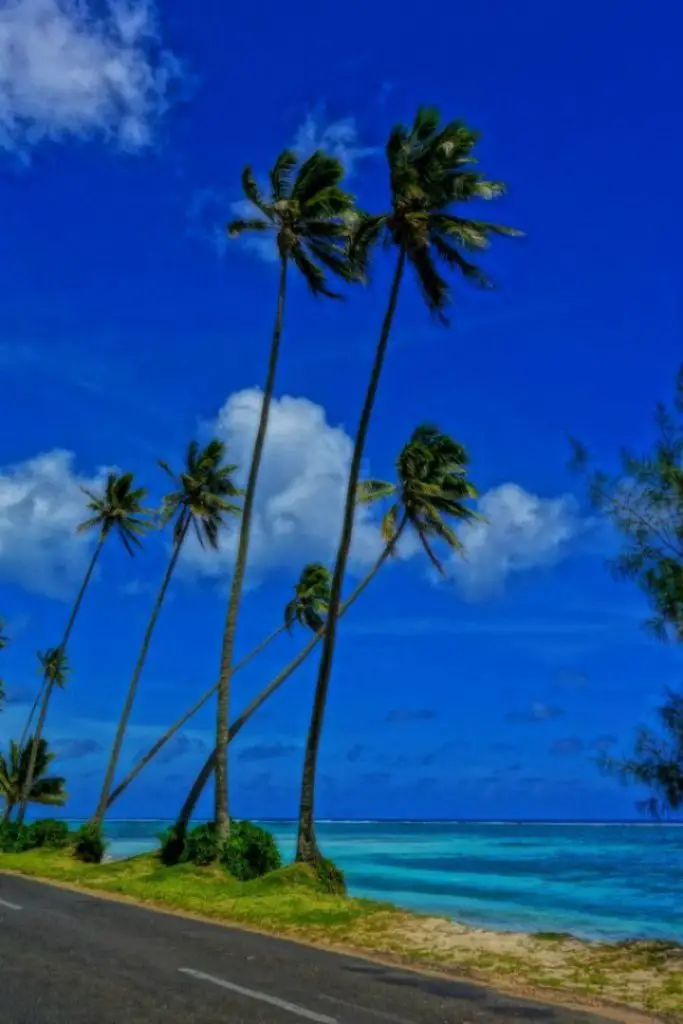
The chores were complete and now it was time to enjoy island life! Similar to Aitutaki, Rarotonga is known for its lagoon, which surrounds the island. The lagoon is sheltered from the ocean by an outlying reef which encloses the entire island.
The Breathtaking Lagoon

For the most part, the reef prevents any large waves from occurring in the lagoon or on the beach. If you came to hear the sounds of waves crashing into the beach, you’re most likely going to leave disappointed. The water tends to be so calm within the lagoon that it never makes much noise.
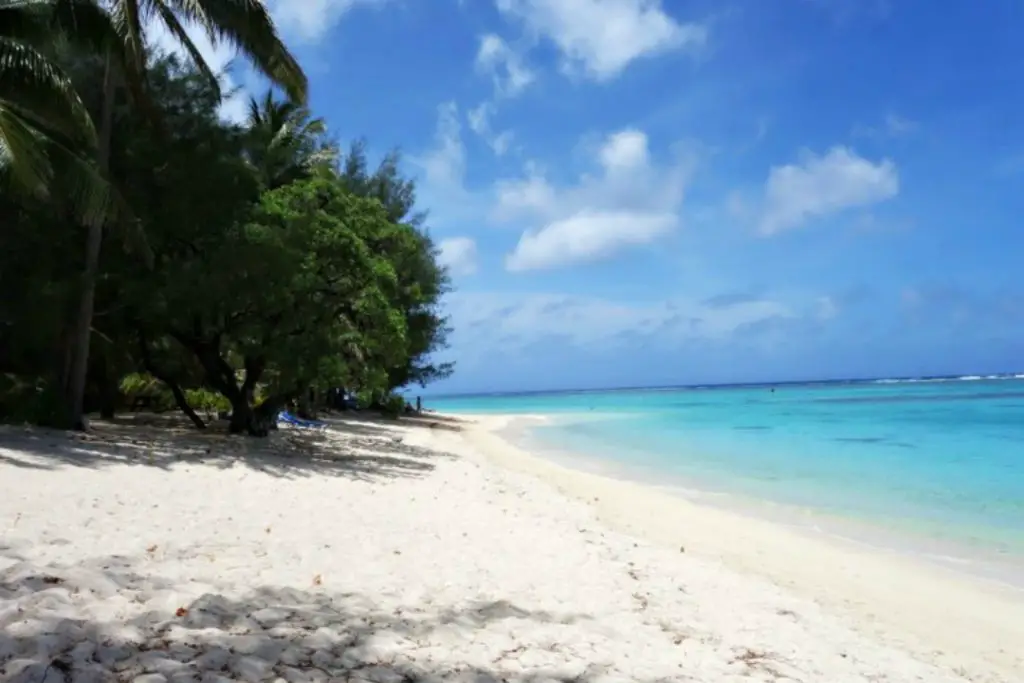
The sound you will hear is the waves from the open ocean ferociously crashing into the reef. Because the reef is so vast the sound this it gives off is similar to a plane cruising by at a high altitude. The rumbling is so intense that it’s even possible to hear from the mountains.
The calmness of the lagoon makes it the perfect place to enjoy all water-based activities; especially snorkeling and swimming. Most parts of the lagoon are shallow, only 3 to 5 feet deep. On certain beaches, there’s the luxury of being able to walk hundreds of feet off shore, right to the reef.
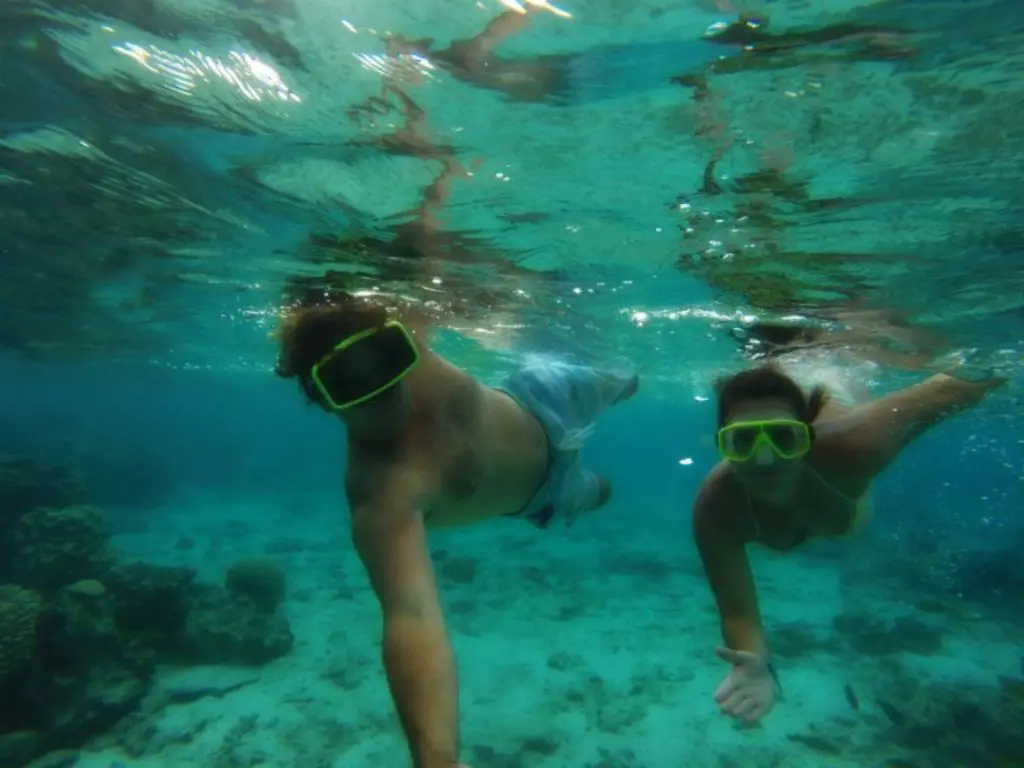
Even the deep sections never seem to be more than 6 feet deep. For example, on the illustrious Muri Beach where the white sandbars stretch out into the lagoon, it’s possible to walk right across the lagoon to the neighboring small island of Kokomiri. The views of the lagoon and mountains from this island make this an ideal site to swap wedding vows.
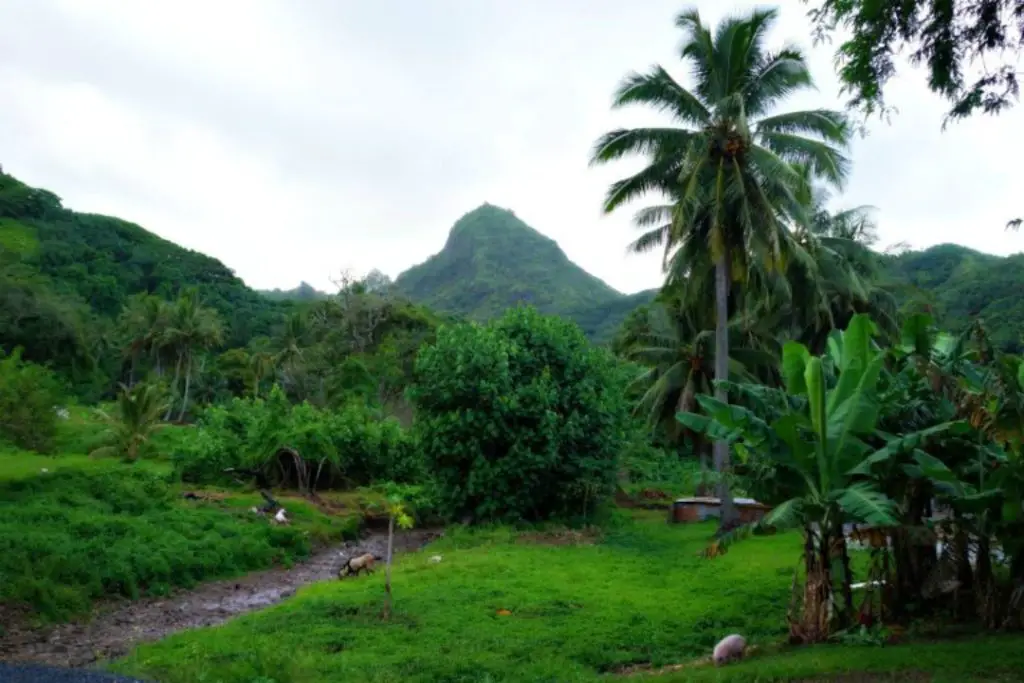
One day while snorkeling here, we witnessed a bride holding a white umbrella, with white gloves, being rowed across the lagoon to Kokomiri to get married. The wedding party rode on a tiki party pontoon boat ahead of her and we’re all waiting for her arrival.
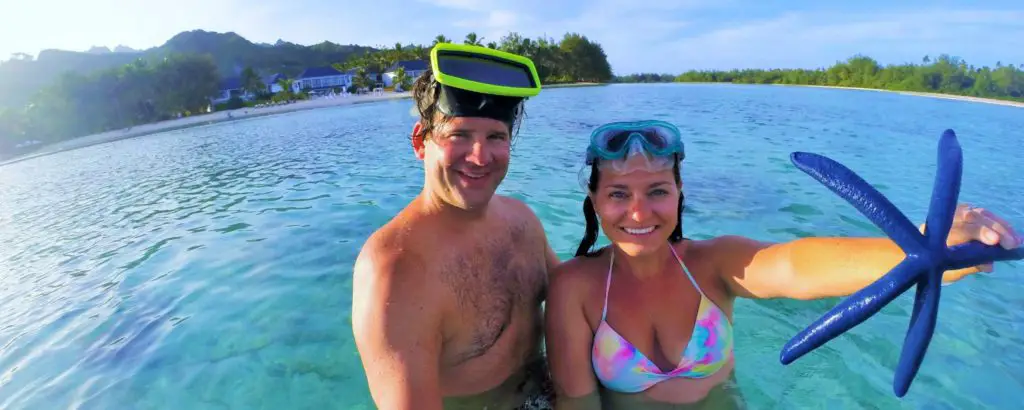
The most spectacular snorkeling spot is directly off Aro’a Beach on the southwest side of the island. Approximately 200 feet from the shore, there is a blanket of coral covering hundreds of feet of the seafloor.
The depth of the water is between 5 and 8 feet. Similar to the Peter Pan ride at Disney World, this shallowness gives the sensation of flying. The flawlessly situated swim lanes hovering along the surface allow just enough space to continue exploring on.
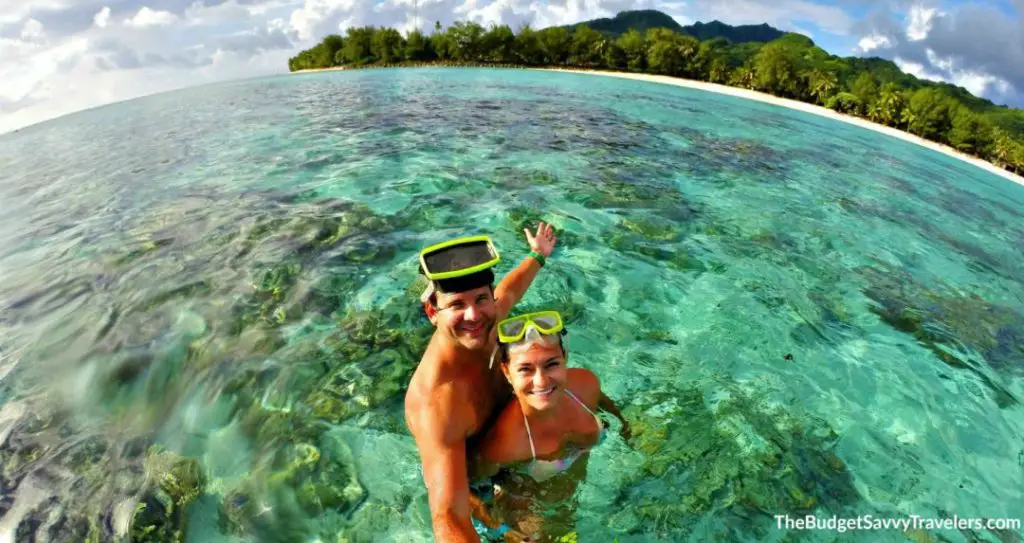
Snorkeling between the coral, and studying the tropical fish, it’s possible to peek down into the various hiding places of the sea life as they scurry along. The location, coral, and fish are so amazing, that one begins to question whether they’re swimming in a man-made aquarium.
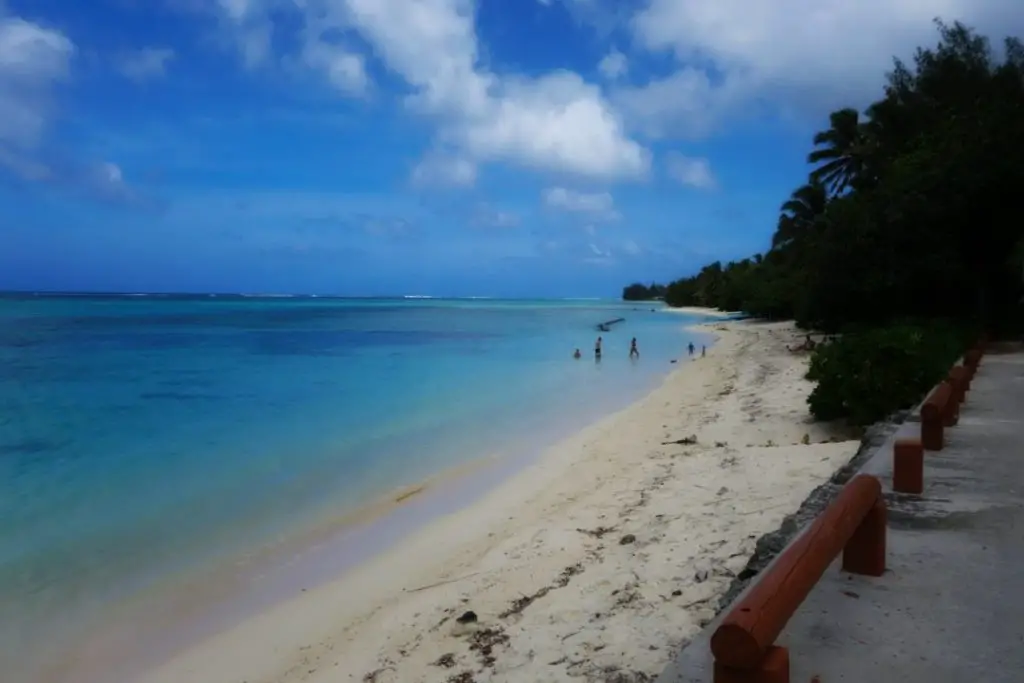
Best Sunset Beach on Rarotonga
Looking for a quick dip during sunset? Head over to the beach across the street from the Home of the Queen’s Representative where your feet will be greeted with gentle white soft sand. The slightest slope into the water provides the picture-perfect spot to wade in the water and watch time go by. Arrive during sunset and witness the big orange ball sink into the abyss.
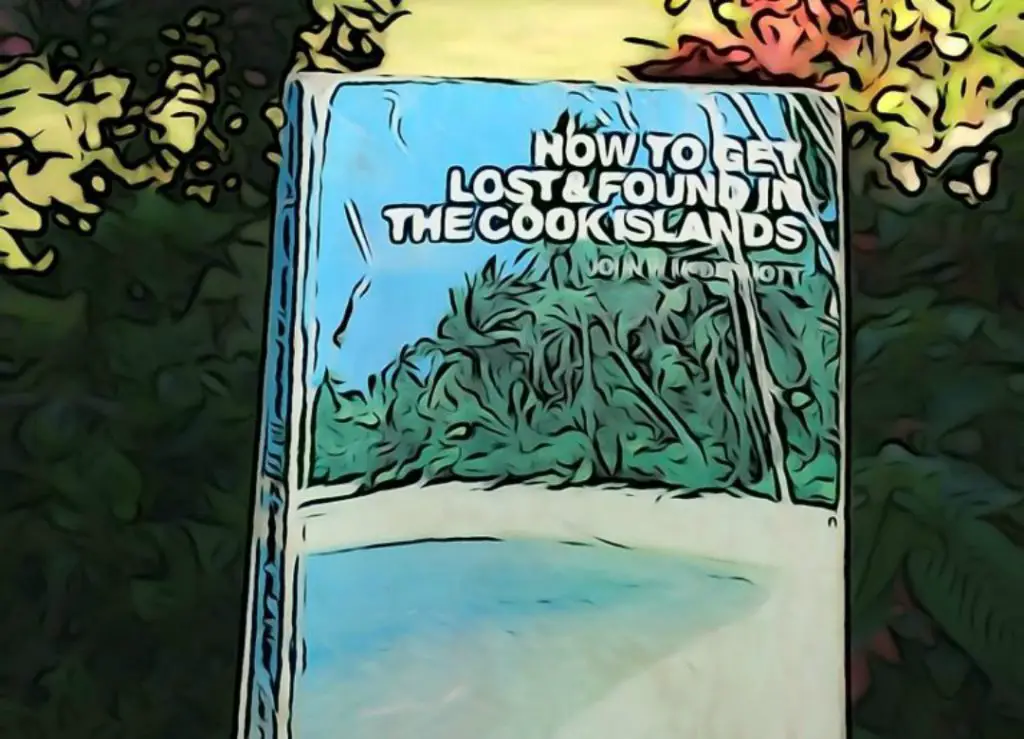
This is the story of a love affair that began more than 20 years ago with a now out of print book. John W. McDermott’s “How to Get Lost and Found in the Cook Islands” paints a picture of a paradise that few have heard of, let alone visited. It’s a must read for anyone looking to head to the Cook Islands.
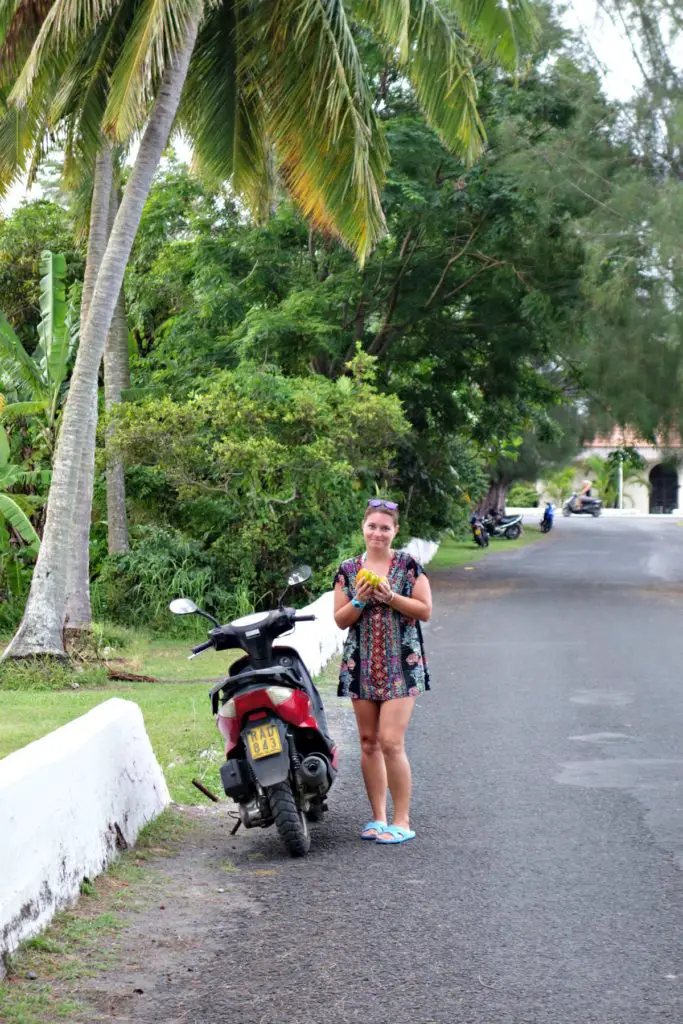
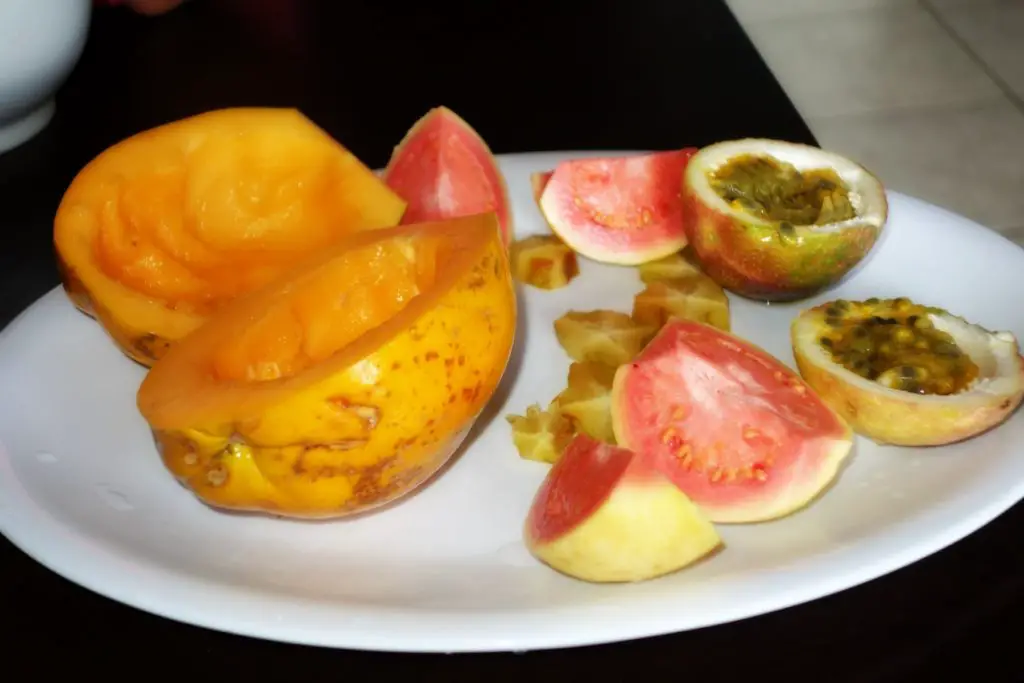
Although much bigger, Rarotonga shares many of the same endearing traits as its sister island Aitutaki. There are no buildings taller than a coconut tree, the beaches aren’t raked or manicured in any way (even at the most luxurious resorts), and the pace of life is deliberately leisurely. If you’re looking for the thrills of a big island such as in Maui or Oahu you won’t find them here.
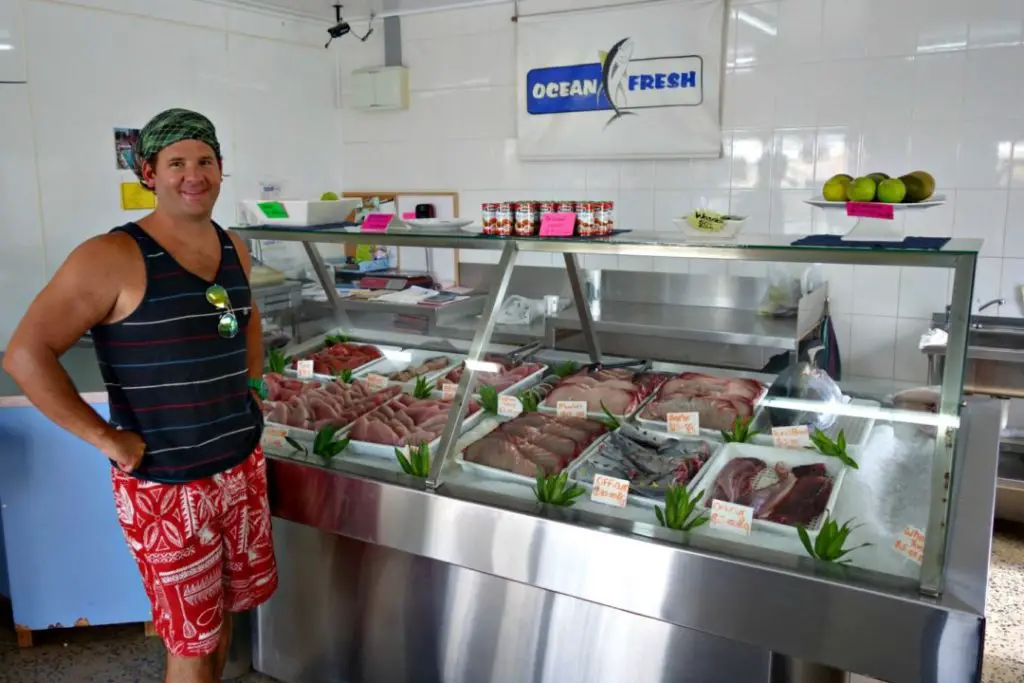
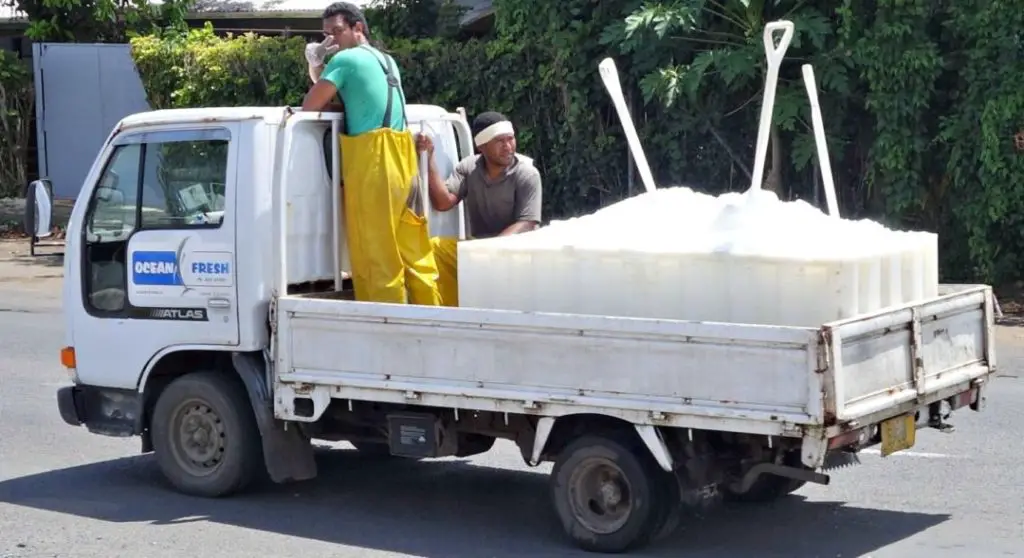
How to Get Lost and Found in the Cook Islands
In the book, How to get lost and found in the Cook Islands, the author, John W. McDermott, wrote how tourists who visit the island are occasionally bewildered by the lack of customer service or standoffishness of the locals. He stated, “Remember Polynesians do not make outstanding service people. They are not resentful, hostile, sullen. They are bored.”
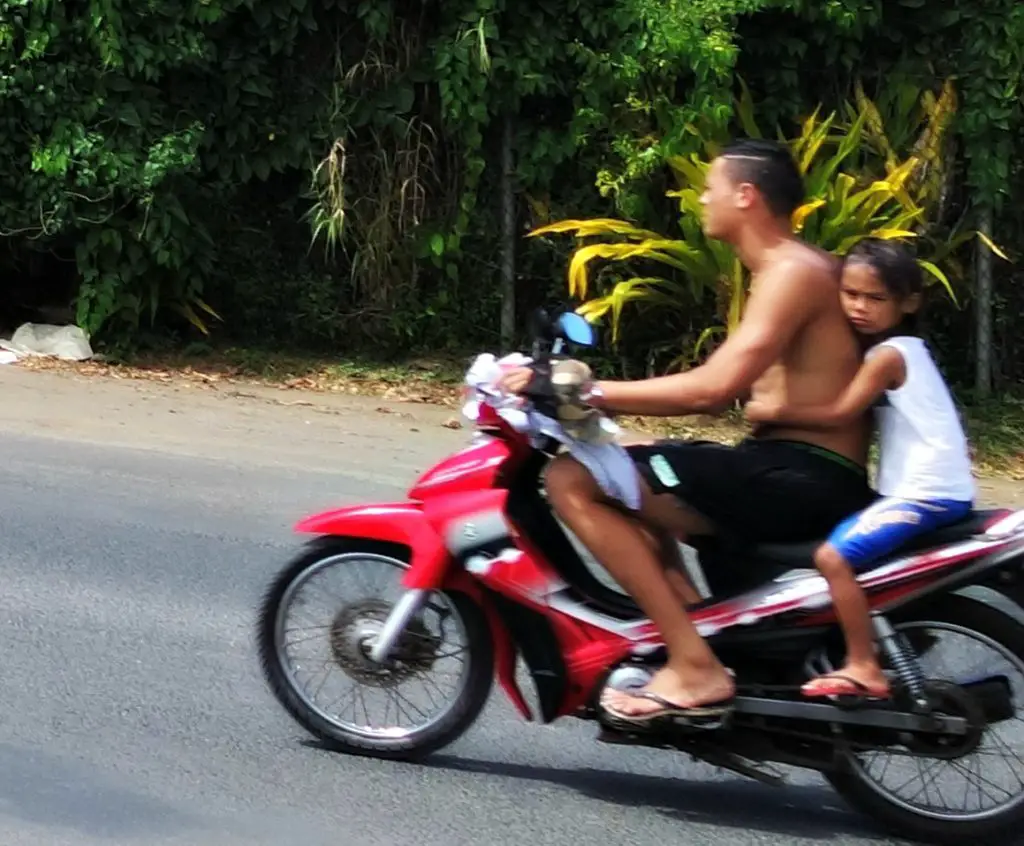
Although an out-of-date book (it was published in 1979), it still relates to today as the island hasn’t changed significantly since then. I believe the author’s point was that if you’re looking for the glitz and glamour of say, an Apple Vacation, where everything has been priced out and the adventure comes prepackaged, then you shouldn’t bother with the Cooks.
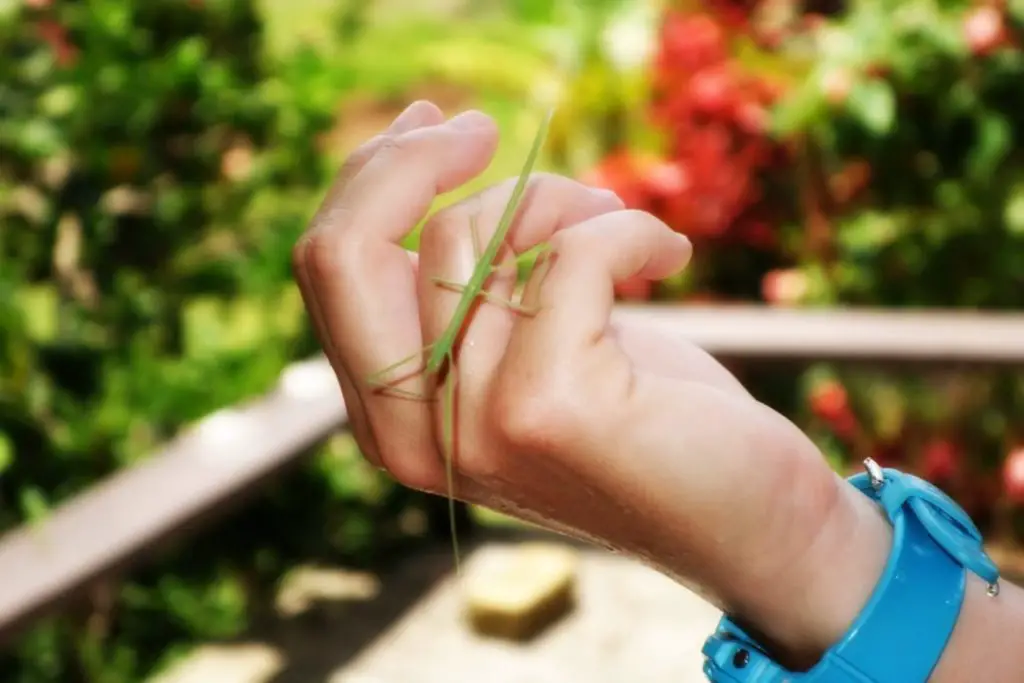
Sometimes You Have to Disconnect to Reconnect
As he wrote incredibly eloquently, “Those who can make their own excitement, who are givers as well as takers, who enjoy learning about a new place with new people, even though the places are small and the people few, we have sent off with the pleasant knowledge that they are going to have a fulfilling experience.”
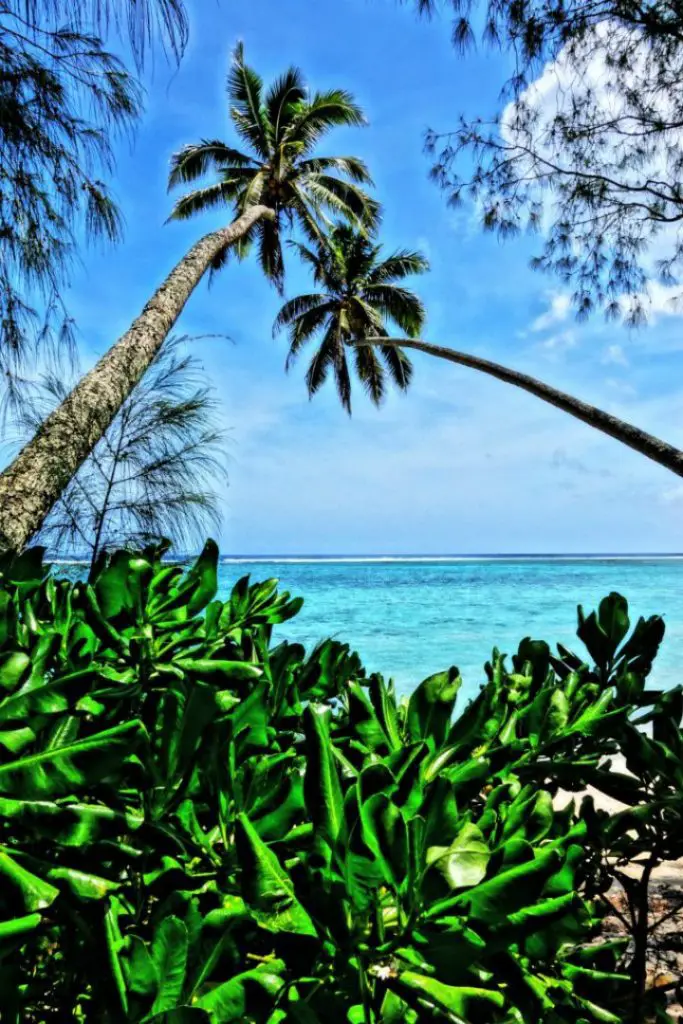
When visiting the beaches of Rarotonga, there’s the ability to drive directly up to them. There’s no need to worry about a parking ticket or getting the car towed. There may be a few others joining you, but most likely you’ll have the beach all to yourself.
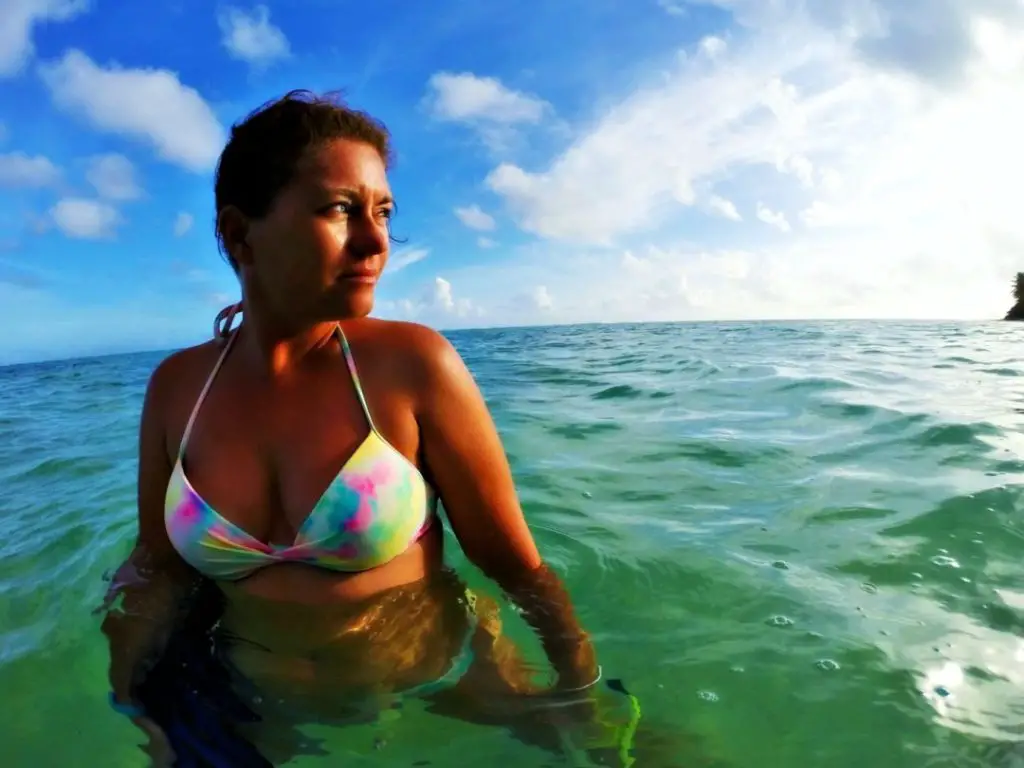
Maybe enjoy some takeaway (as they refer to it) or a picnic for lunch. Later on, pick up some fresh fish for dinner. At night, enjoy a quiet dinner with the comfort of the warm trade winds as company.
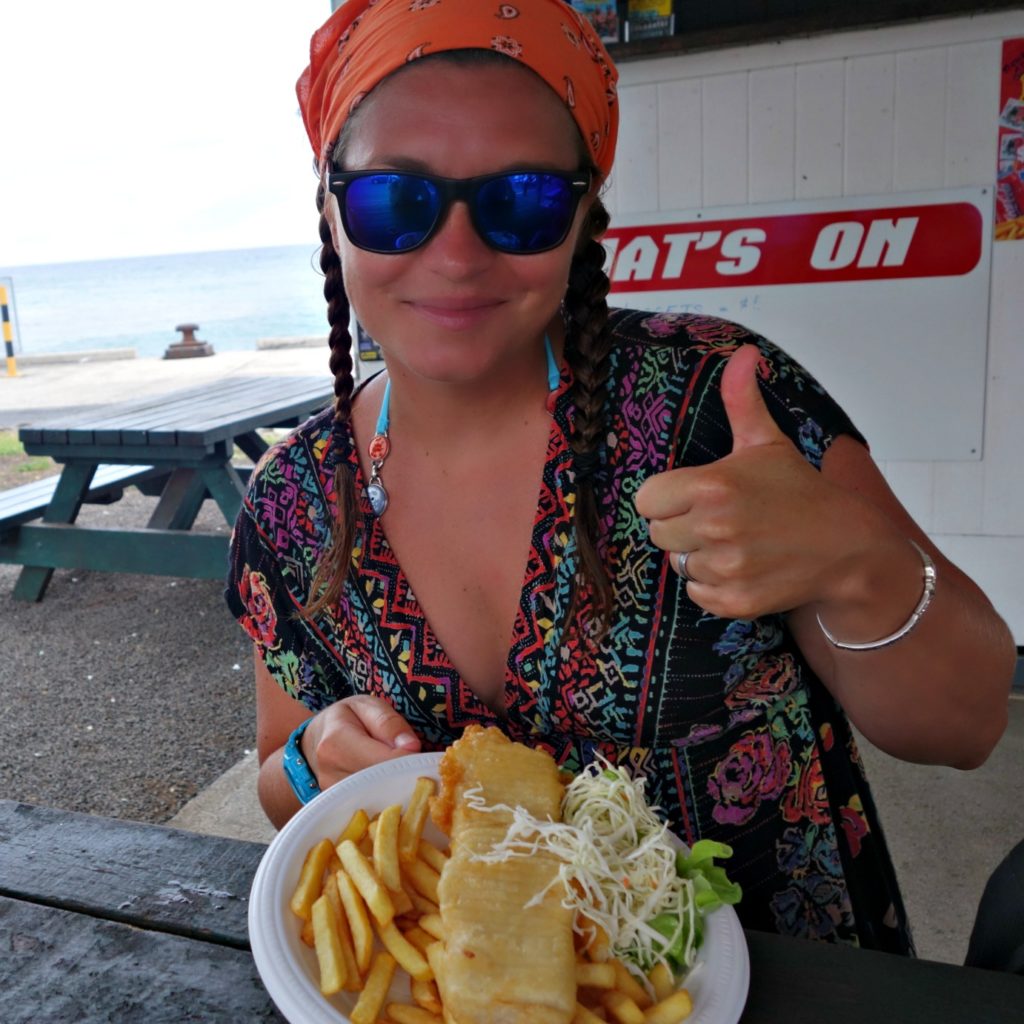
The windows will be open when retiring to bed. Wake up the next morning to the sound of the wild roosters. Prepare for the day, the beach, and the cycle will continue on. Each day, blissfully sitting at the beach pondering, ‘how this amazing, special place is still so untouched, and still so unknown?’
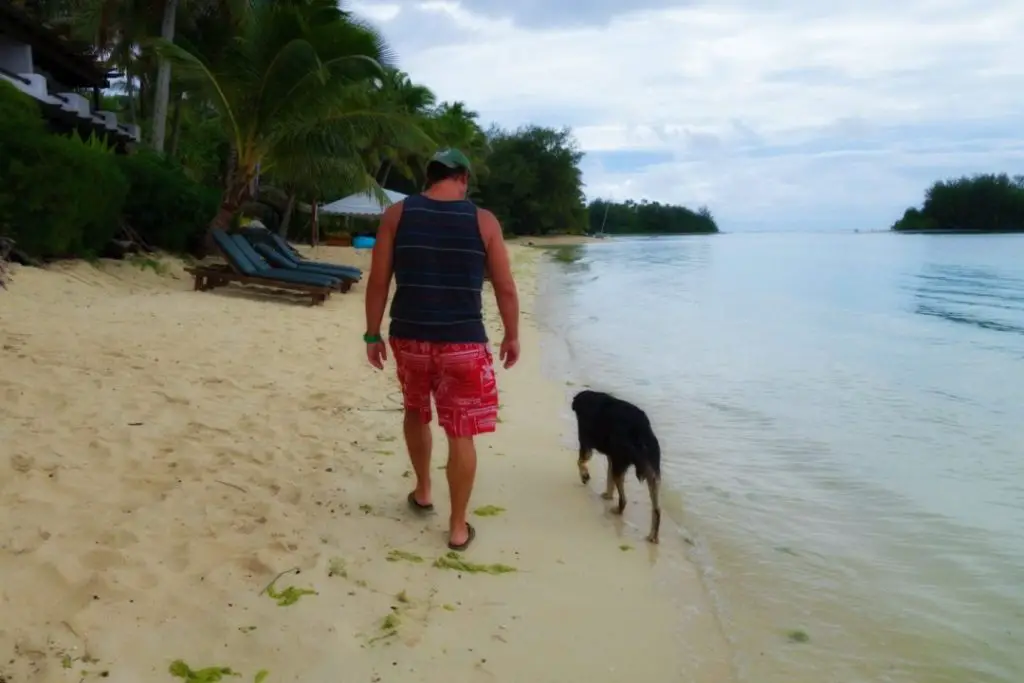
Check out our other articles on the Cook Islands.
WHY WE’RE GOING TO AN ISLAND YOU’VE NEVER HEARD OF. IT’S CALLED…
COOK ISLANDS LODGING – COOK’S CRIBS
We Need Your Help
Did you find this article helpful? Bookmark it and click the links below when planning your next vacation. You’ll get the best price, we’ll earn a small commission, and you’ll help support future articles.

